Picking a pet is one of those decisions that can shape your daily life in surprising ways. If you're torn between bringing home a rabbit or a small dog, you're not alone. Both animals have their own kind of charm—but they also come with their own unique responsibilities.
Click Here For a Beginners Guide to Rabbit Care.

To help you make the right call, we're breaking down what it really takes to care for each. We'll go beyond the basics and look at lifestyle fit, behavior, and even the budget side of things.
Understanding Basic Care Needs
Let's start with the everyday stuff—what it takes to feed, house, and groom your pet. These things may sound simple, but they're often what make or break your routine with an animal.
Rabbit
Rabbits are quiet and clean animals that prefer structure and routine. But they're not low-maintenance, and caring for them takes more than just tossing a carrot into their cage.
Diet: A rabbit’s diet should be built around high-quality Timothy hay, which supports both digestion and dental wear. Add fresh leafy greens and a measured amount of rabbit pellets. Avoid sugary fruits and anything starchy.
Housing: Whether you're using an indoor pen or an outdoor hutch, rabbits need enough room to stand, hop, and stretch. Their enclosures must be cleaned regularly and stocked with safe bedding to protect sensitive feet and keep odors under control.
Grooming: Brushing is a must, especially during molting seasons. Rabbits groom themselves, but they can accidentally ingest too much fur, leading to digestive blockages. Regular nail trims and occasional checks on their teeth and scent glands are part of the upkeep.
Small Dog
Small dogs often fit well into apartments or smaller homes, but they still come with their own list of care needs that can vary by breed.
Diet: Most small dogs do best on high-quality commercial dog food formulated for their breed size and age. Meal timing and portion control are essential, especially since small breeds can gain weight easily.
Housing: Dogs need a safe indoor space where they can rest and retreat, along with secure access to the outdoors for potty breaks and activity. If you live in a colder area, you may also need a jacket or booties for winter outings.
Grooming: Some dogs shed very little, while others require daily brushing. Nail trims, ear cleaning, and dental care (like tooth brushing or dental chews) are all part of the weekly routine.
Rabbit vs Small Dog Care: Lifestyle Fit and Time Commitment
This is where things get personal. A pet might check all the boxes on paper but still not mesh with your lifestyle. Think about how much time you spend at home, how active you are, and what your daily routine looks like.
Rabbits
Rabbits need a calm, predictable home. They're crepuscular, which means they're most active at dawn and dusk. If you work from home or have a quiet household, they may be the perfect match.

Social Needs: Rabbits form bonds with their humans and other rabbits. They don't do well being left alone for long periods. Even if they're housed solo, they need at least a few hours of interaction each day.
Exercise: Free-roam time in a bunny-proofed area is essential. Exercise prevents boredom, stress, and obesity. Most experts recommend at least 3 hours a day outside the cage.
Independence: Once their enclosure and routine are set up, rabbits can be fairly independent. But skipping their daily interaction can lead to loneliness or destructive chewing habits.
Small Dogs
Small dogs bring energy and personality into the home. Still, they can also be demanding of your time and attention.
Social Needs: Many small breeds form close attachments with their humans and don't like being left alone for long. Without social time, some dogs develop separation anxiety.
Exercise: A small dog may not need long hikes, but daily walks are a must. Play sessions and interactive toys help stimulate the mind.
Independence: Most dogs need regular check-ins, feeding schedules, and potty breaks. Unlike rabbits, they can't go the whole day without direct human attention.
Behavior and Temperament Differences
This is where personality really shines through. Some people love how rabbits quietly observe the world. Others prefer the outgoing nature of a small dog who greets everyone at the door.
Rabbit
Rabbits communicate through subtle movements and body language. Learning to "read" your rabbit takes time, but pays off in a deeper bond.
Chewing and Digging: These behaviors are natural, not bad habits. Providing chew toys, dig boxes, and tunnel systems can redirect these instincts. Read more about reducing destructive chewing.
Litter Training: Rabbits can learn to use a litter box, especially when spayed or neutered. It makes indoor living much easier and cleaner.
Noise Levels: Rabbits are nearly silent. They may thump or make soft grunts, but they're a great option for shared living spaces or people sensitive to noise.
Small Dog
Dogs are more vocal and expressive. Depending on the breed, they can be barky or laid-back, high-energy or a couch potato.
Training Needs: Most dogs benefit from basic obedience training and leash manners. Without structure, behavioral issues can pop up fast.
Vocalization: Barking is natural, and some breeds are more talkative than others. This can be a pro or a con, depending on your neighbors and tolerance.
-
Emotional Needs: Small dogs can be clingy and need a lot of emotional reassurance. They're known for sticking close to their owners like velcro.

Vet Care and Lifespan Considerations
Another important part of rabbit vs small dog care is understanding their health needs. Vet visits, vaccinations, and medical emergencies are part of owning any animal.
Rabbit
Rabbits need specialized veterinary care. Not all vets are trained in rabbit medicine, so make sure you find one with experience treating exotic animals.
Lifespan: With proper care, a rabbit can live 8–12 years. Smaller breeds tend to live longer than larger ones.
Common Issues: Dental problems, digestive issues, and respiratory infections are common. GI stasis, in particular, can be life-threatening if not caught early. Learn more about it from the VCA Animal Hospitals.
Spaying/Neutering: This is highly recommended to prevent hormone-driven behaviors and reduce the risk of cancer, especially in females.
Small Dog
Most small dog breeds have access to more general veterinarians, and there are plenty of breed-specific health resources available.
Lifespan: Small dogs typically live 12–16 years. Chihuahuas and other toy breeds are among the longest-lived dog types.
Common Issues: Dental disease, luxating patella, and tracheal collapse are more common in smaller dogs. Weight management is also a challenge with some breeds.
Spaying/Neutering: This is standard for preventing unwanted litters and reducing certain cancers and behaviors.
Cost Comparison: Time and Money
The cost of ownership doesn't end after the adoption fee. Think supplies, food, grooming, and emergency vet bills. Here's a rough idea:
Rabbits: Expect to spend $50–$100/month on hay, veggies, bedding, and basic supplies. Initial costs, such as an enclosure and spay/neuter surgery, can bring the first-year total to over $500.
Small Dogs: Depending on size and breed, monthly costs can range from $75–$150. Grooming can cost extra, especially for breeds that require haircuts. Annual vet bills and heartworm/flea prevention are additional expenses.
Need help getting started? Our Rabbit Starter Kit has everything you need in one place.
Making the Right Decision: Rabbit vs Small Dog Care
So, which one wins—rabbit or small dog? Honestly, there's no universal answer. But by comparing rabbit vs small dog care, it's easier to spot which pet fits into your lifestyle.
If you prefer a quieter, more independent companion who thrives on routine and minimal noise, a rabbit might be the better choice. They don't need walks and won't bark at the mail carrier. Still, they do need daily interaction, free-roaming time, and careful attention to diet and hygiene.
If you're looking for a more interactive pet that enjoys being out and about with you, a small dog may be the way to go. They're loyal, lively, and usually easier to travel with—but also need regular walks, training, and vet visits. Their care often requires more hands-on time throughout the day.
Whatever you decide, remember: both rabbits and dogs deserve more than just the basics. They need your time, care, and love.
Final Thoughts
Choosing between a rabbit and a small dog shouldn't come down to which is easier. It should come down to which one fits your life best. Both pets offer joy, personality, and the kind of companionship that can make a house feel like home.
If you're leaning toward a rabbit, start with the right setup. Check out our blog on creating the perfect rabbit habitat for more tips. If you're dog-curious, speak with breed-specific rescue groups or a local vet to find the right fit for your lifestyle.
Either way, you'll be gaining a loyal friend. And that's what matters most.
Key Takeaways:
Rabbits need a controlled indoor setup, a high-fiber diet, and structured social interaction to stay happy and healthy.
Small dogs thrive with active involvement, outdoor access, and regular training—but they also require more time commitment for exercise and vet care.
The best pet is the one that aligns with your lifestyle, schedule, and willingness to meet their individual needs.

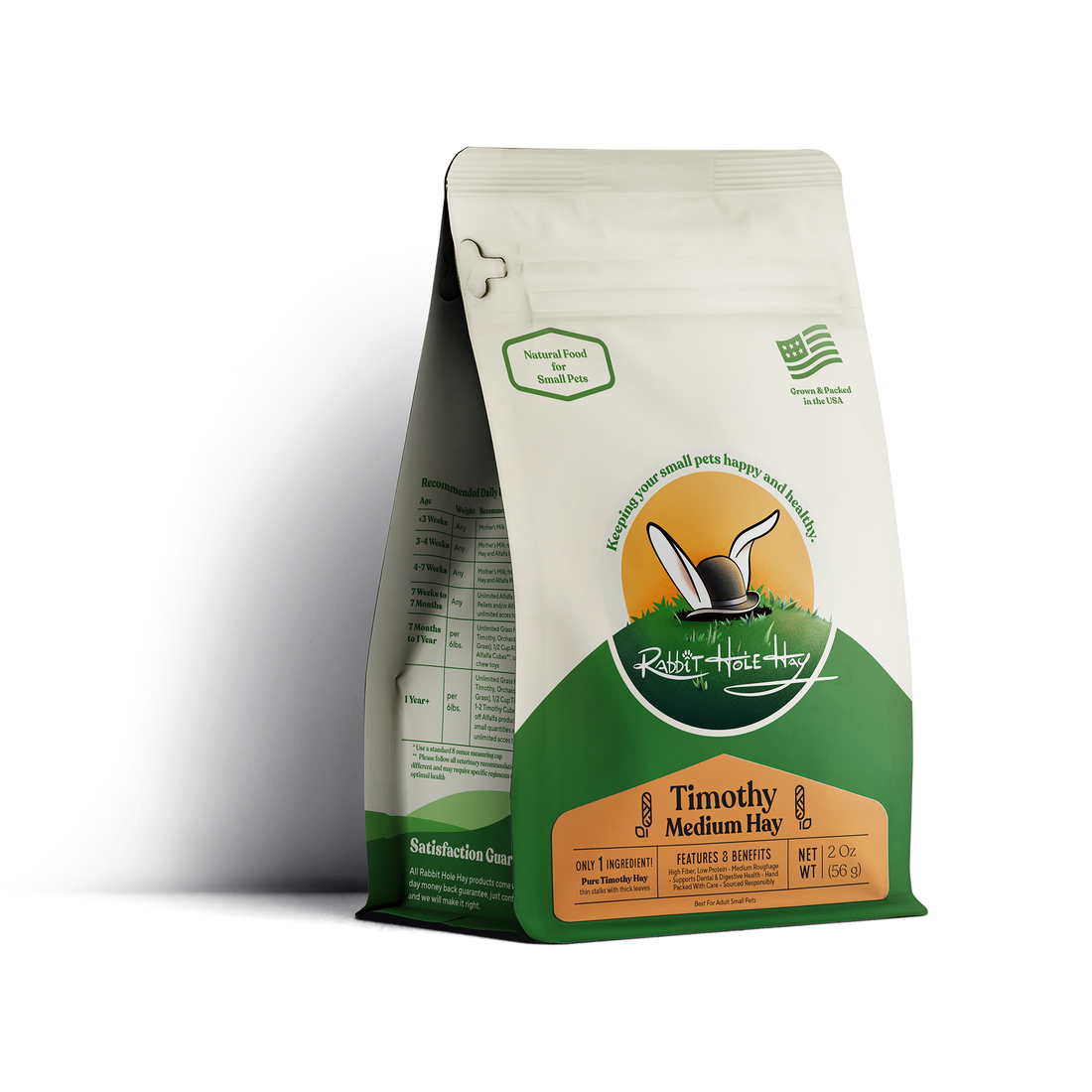

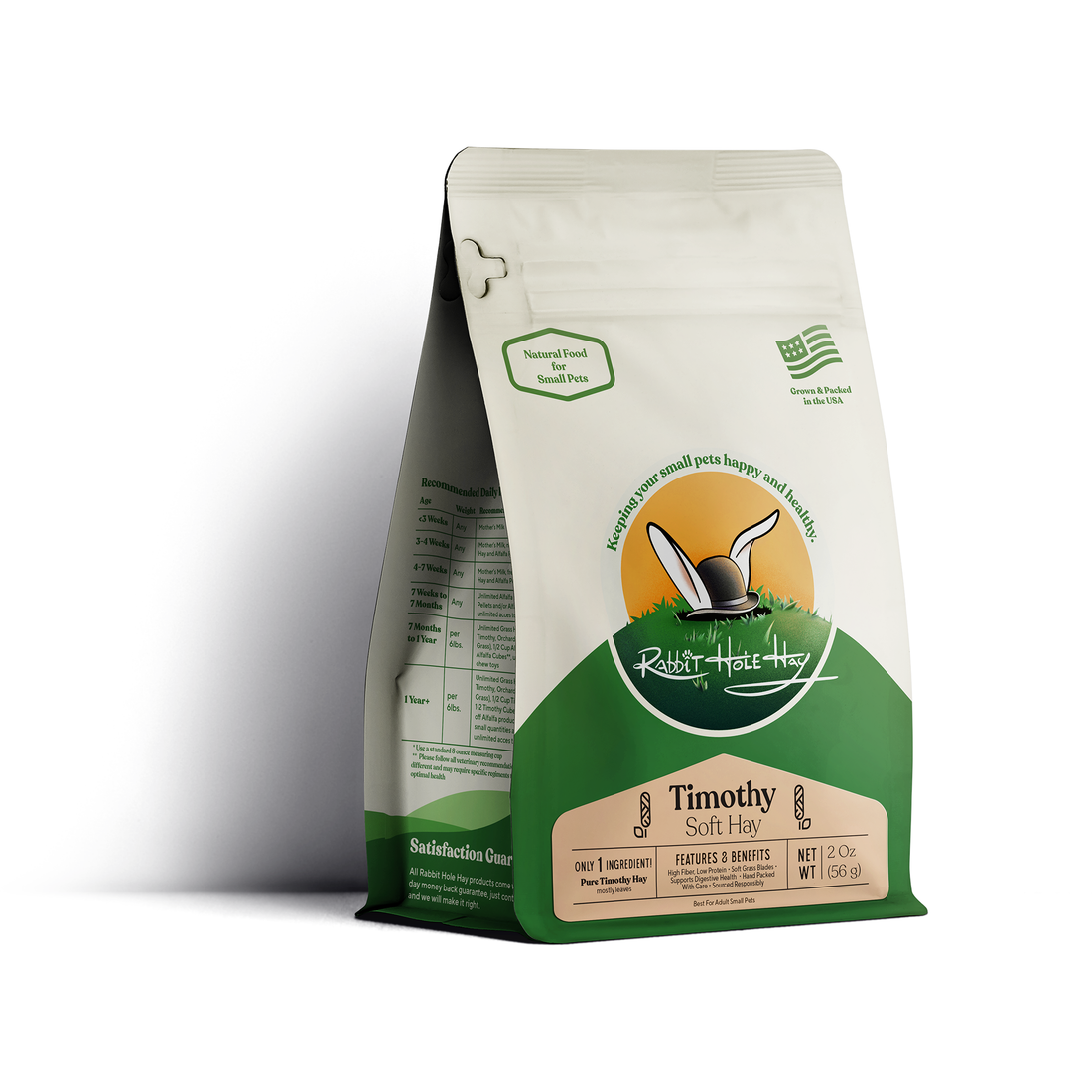

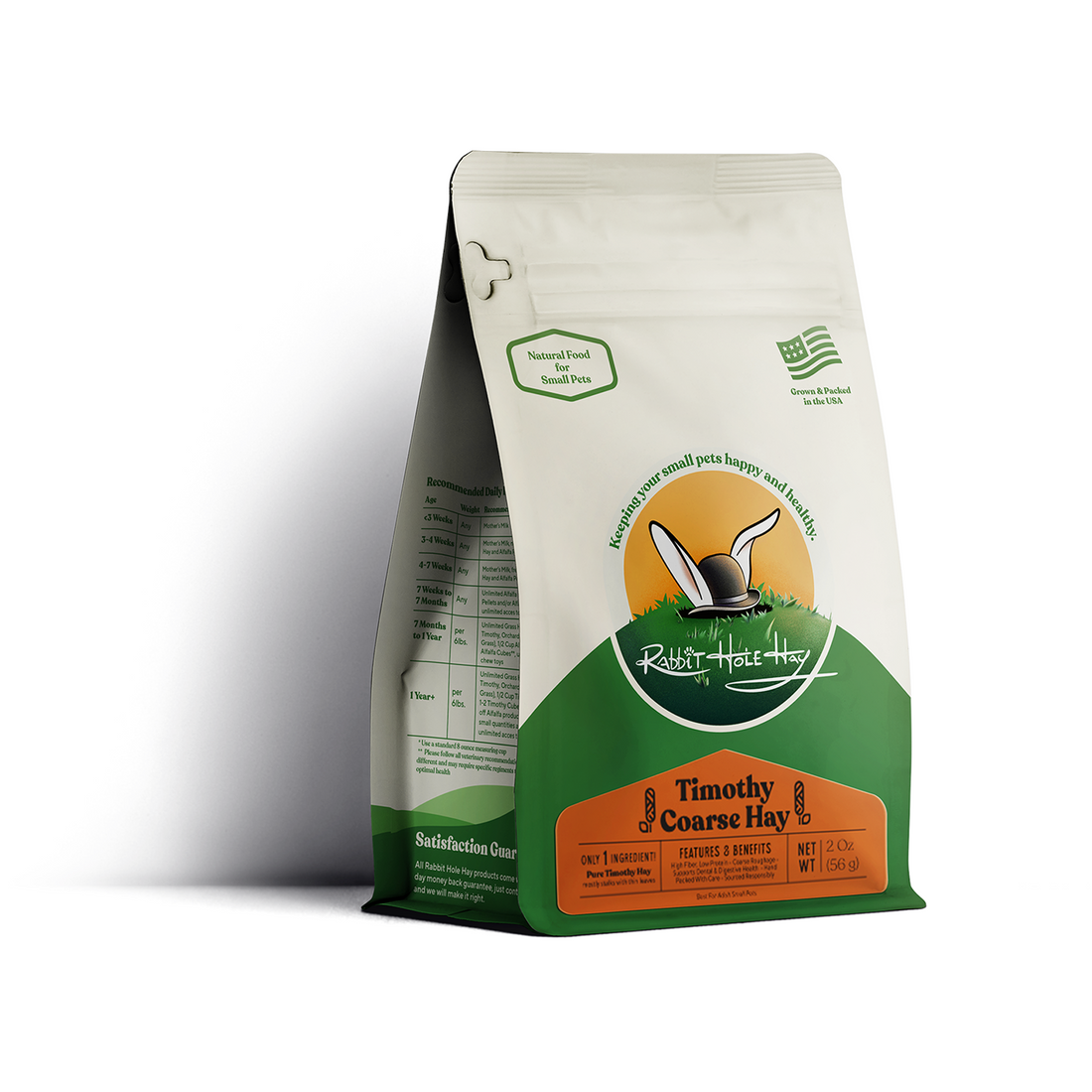

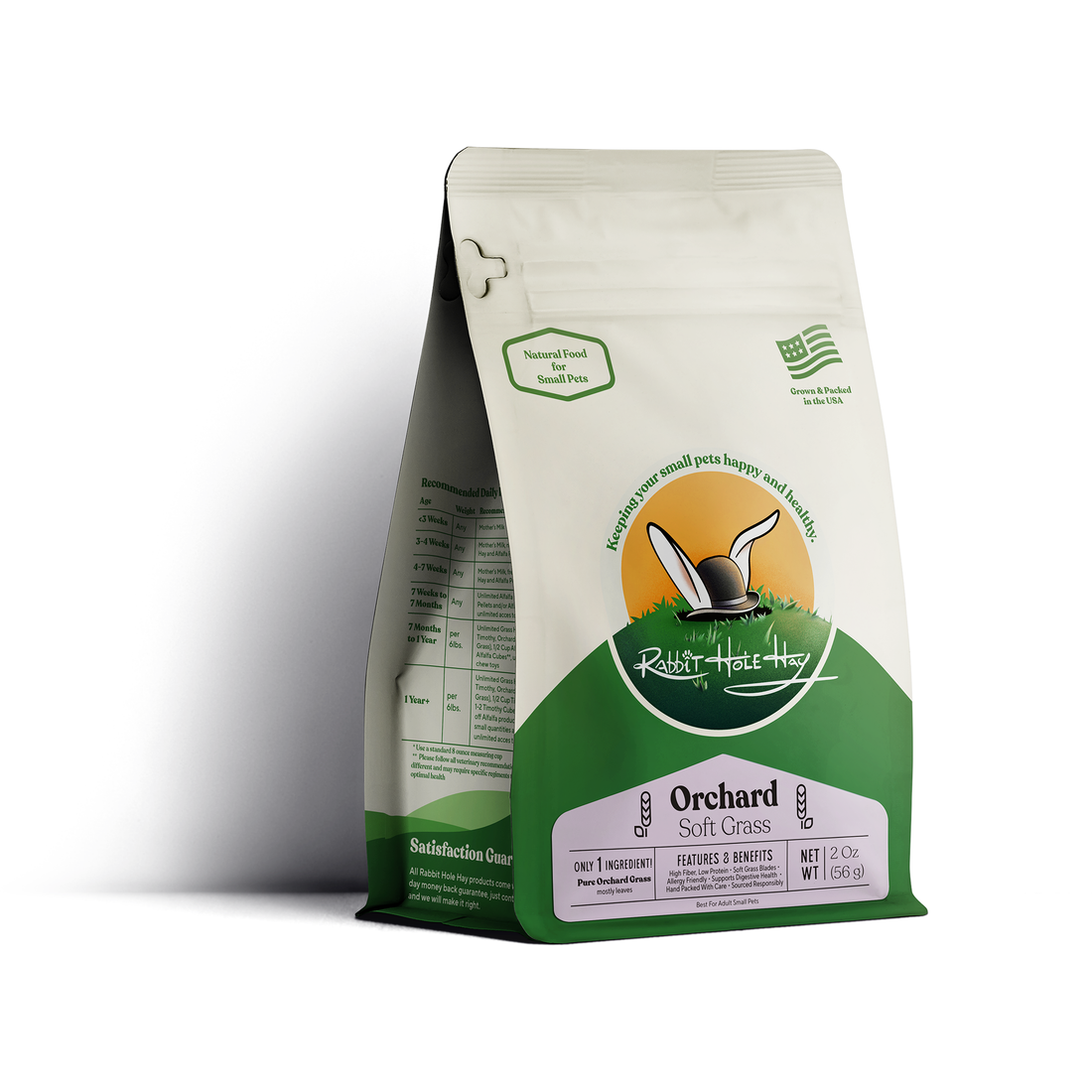
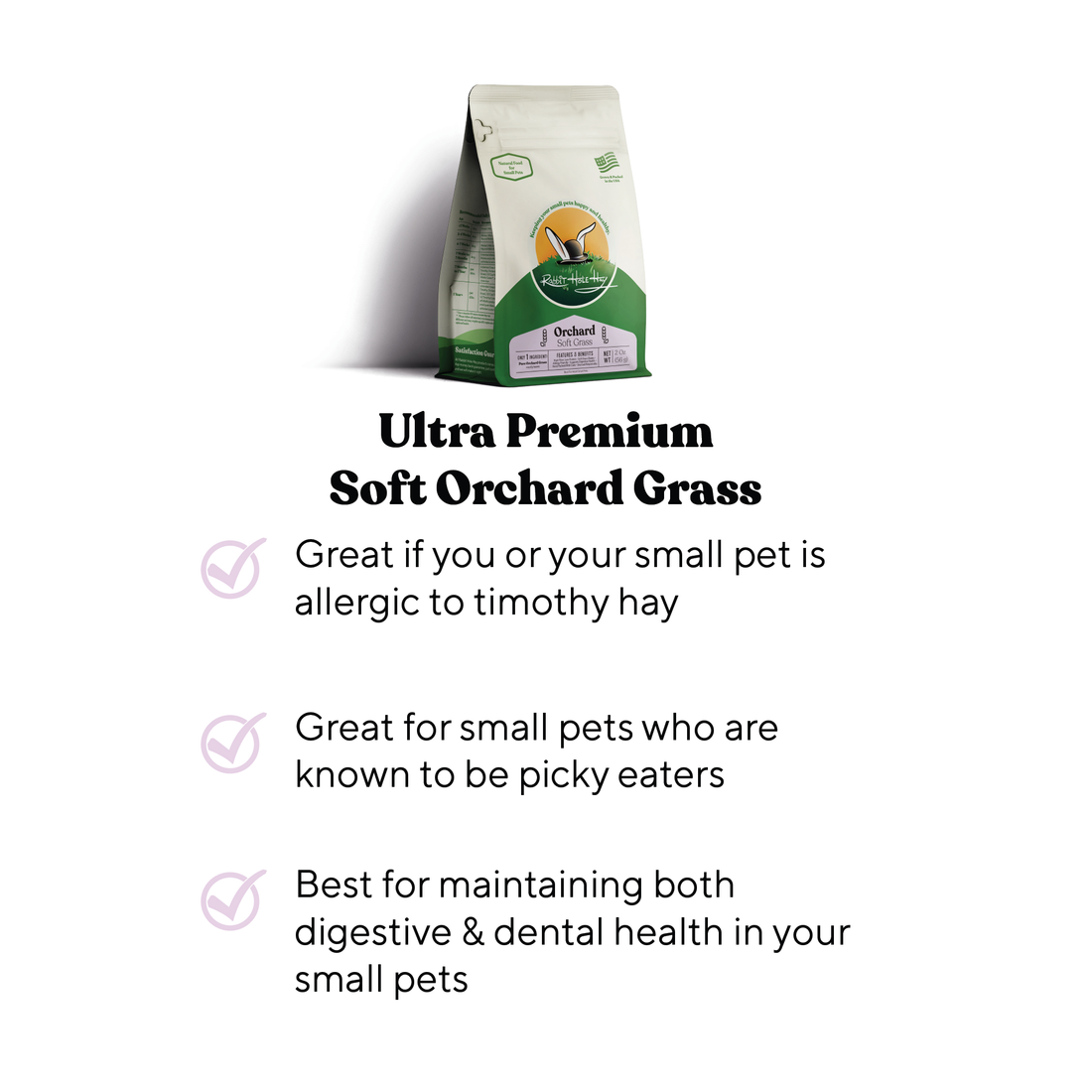
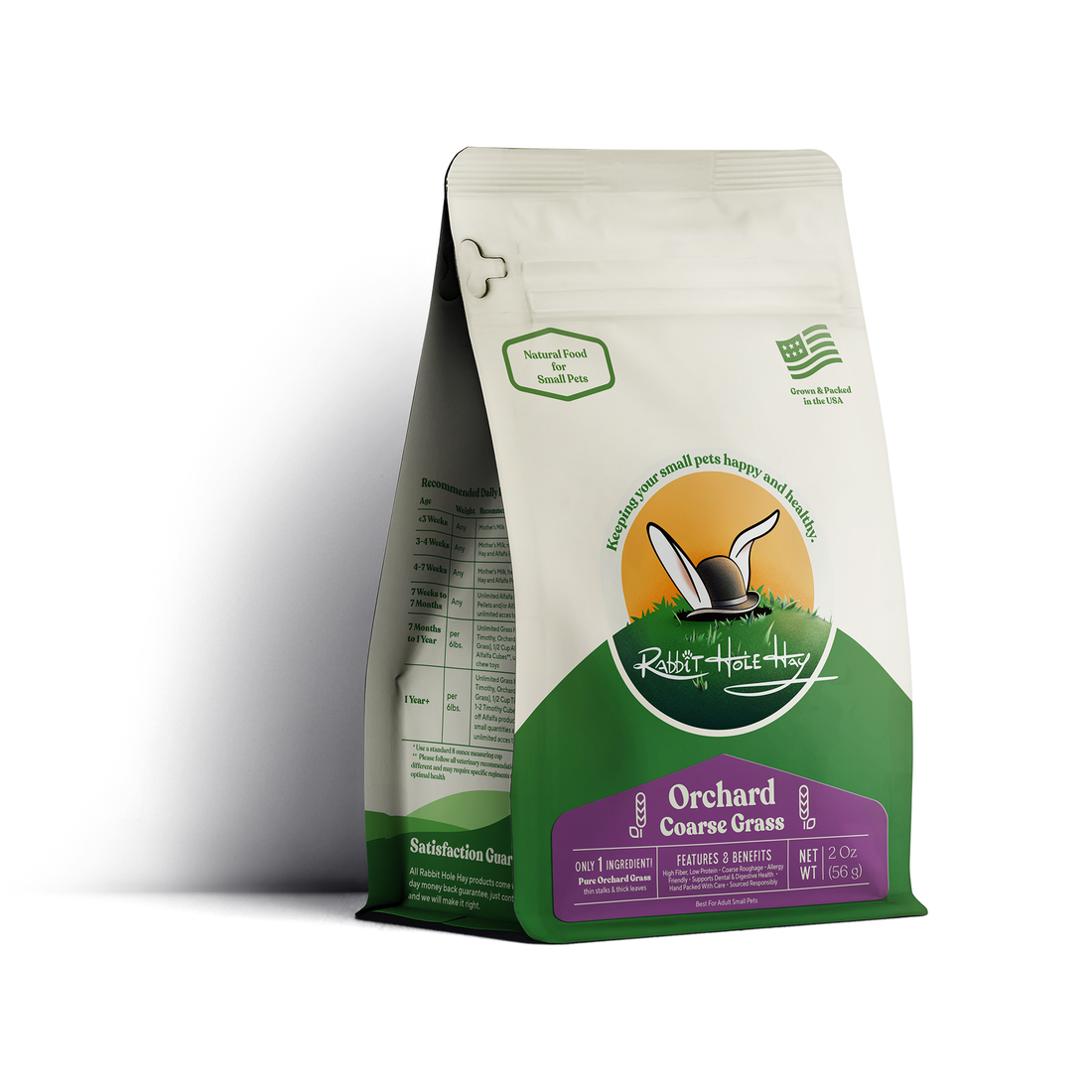
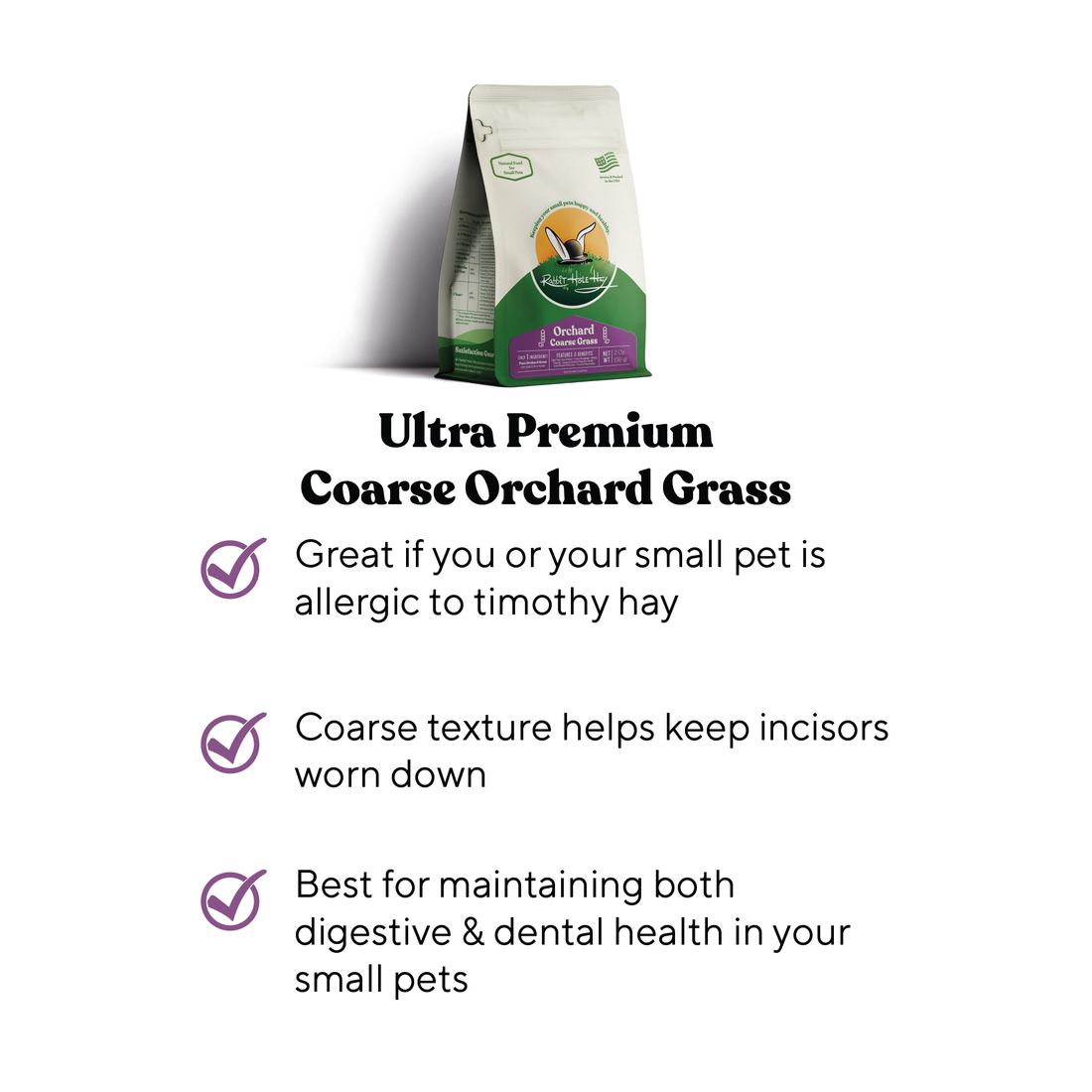
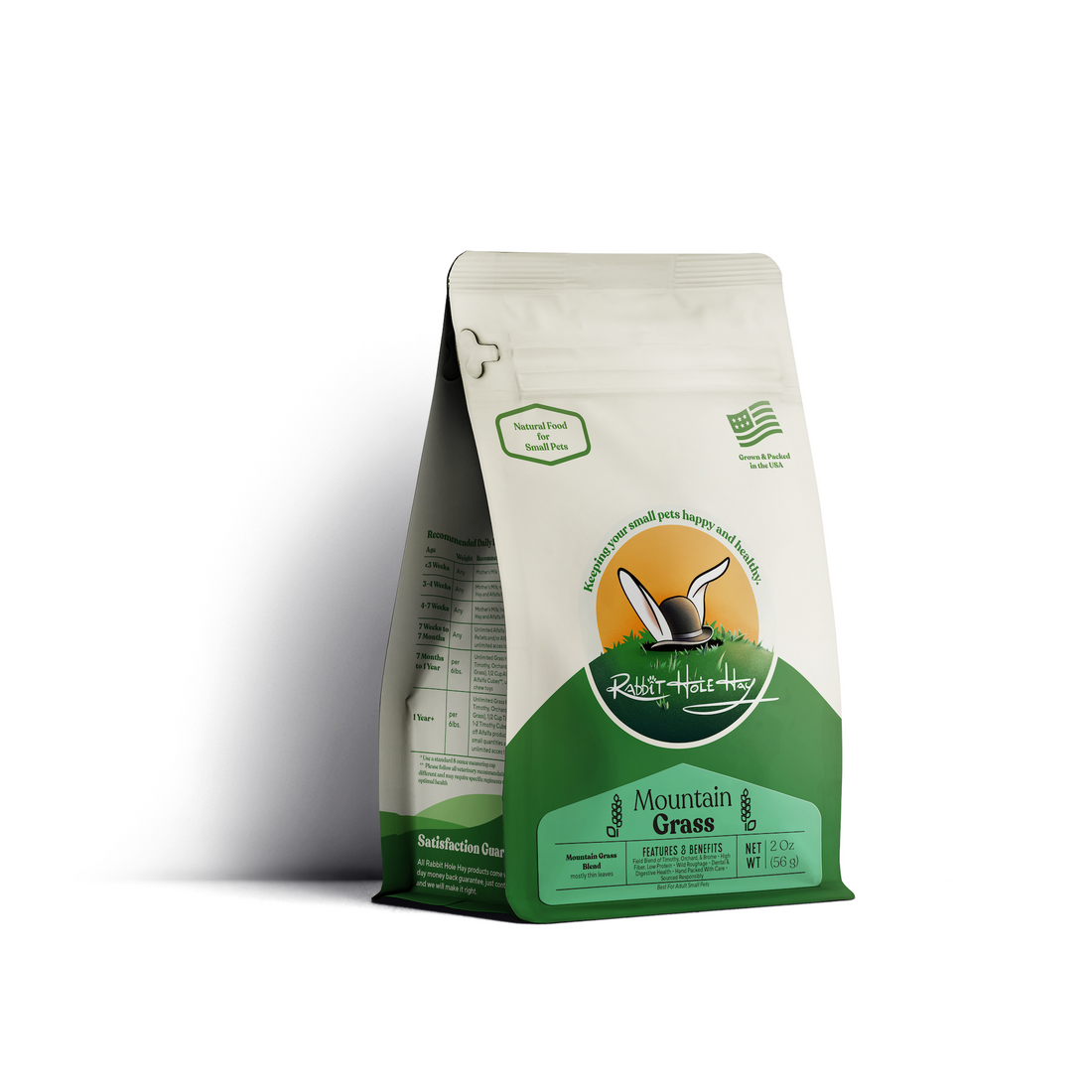

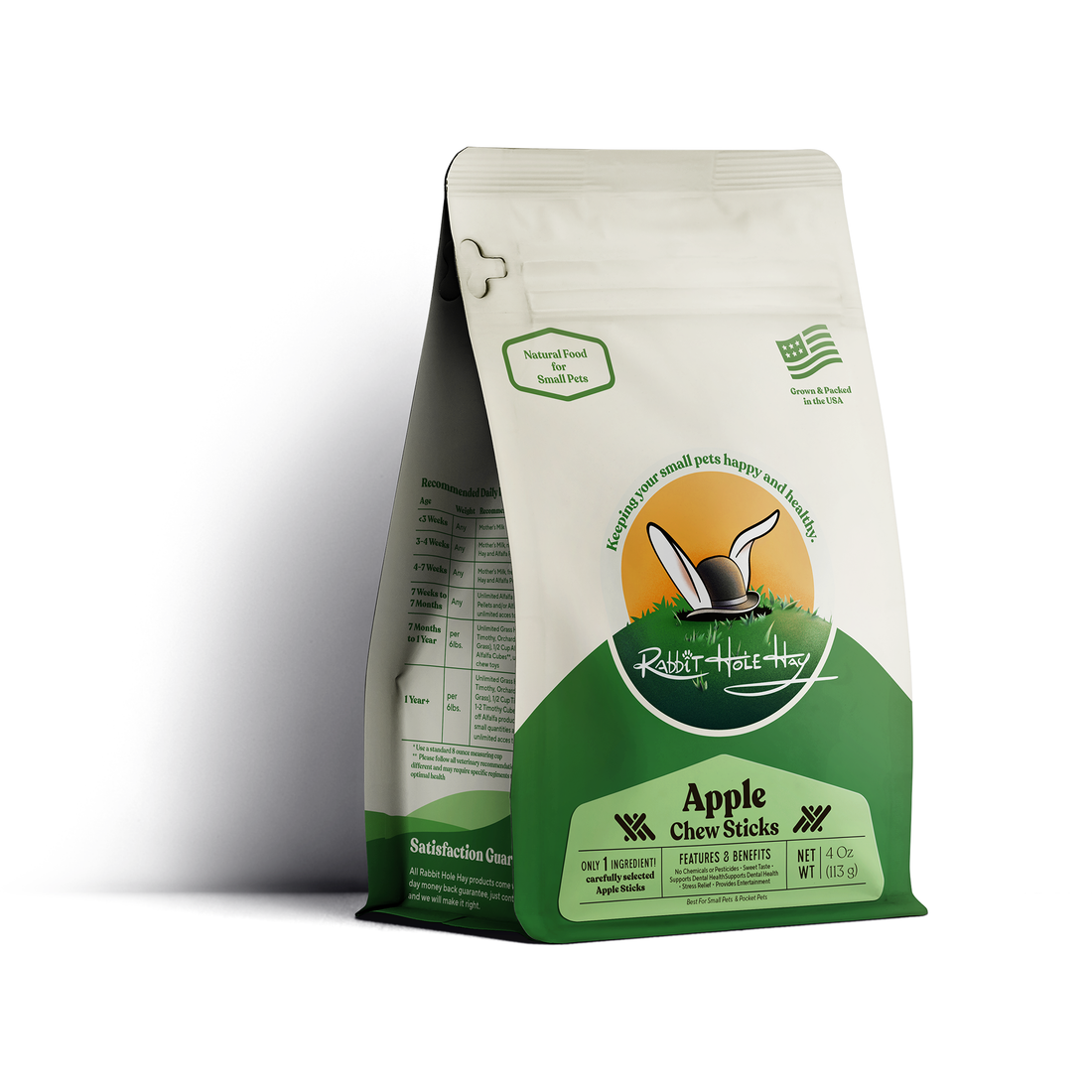



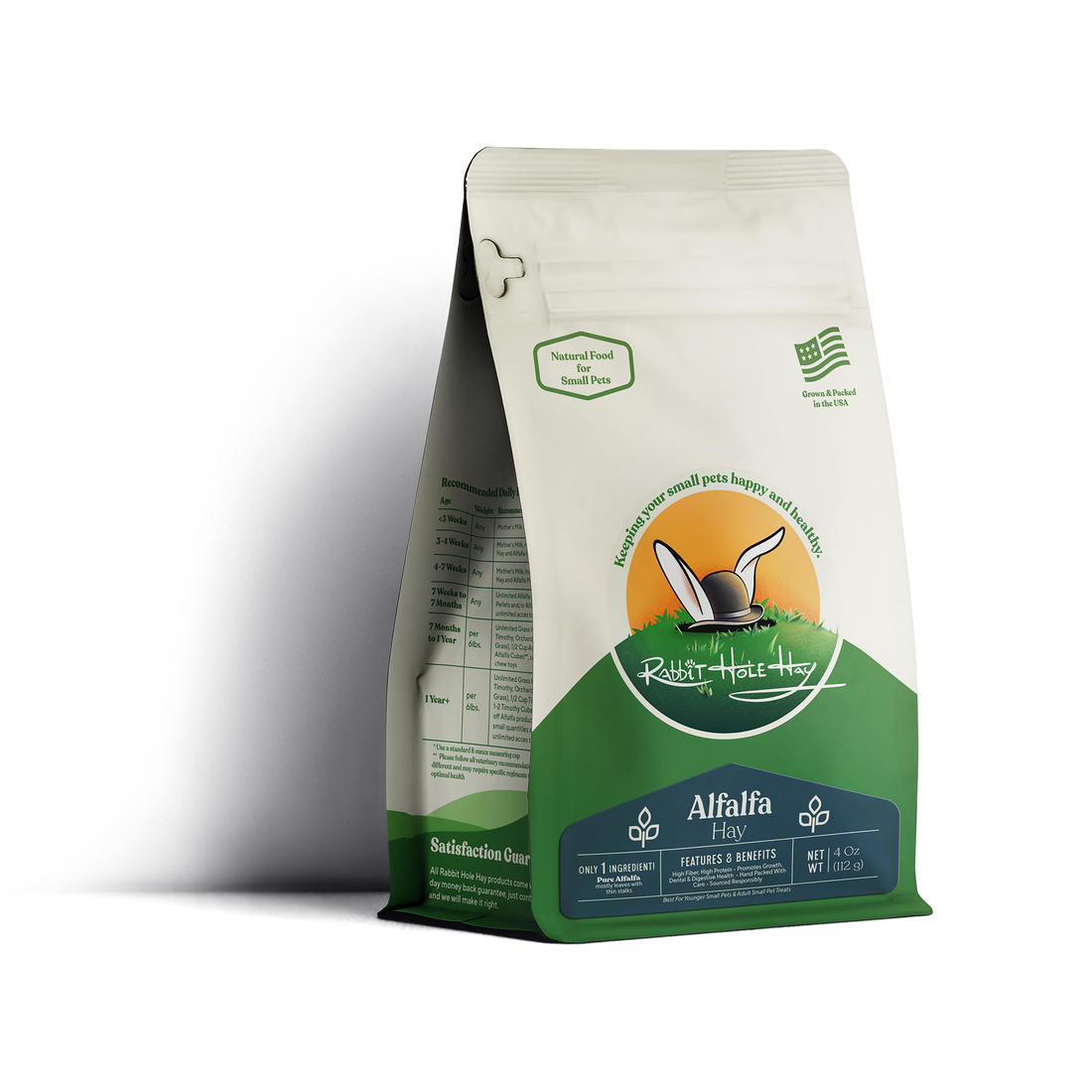
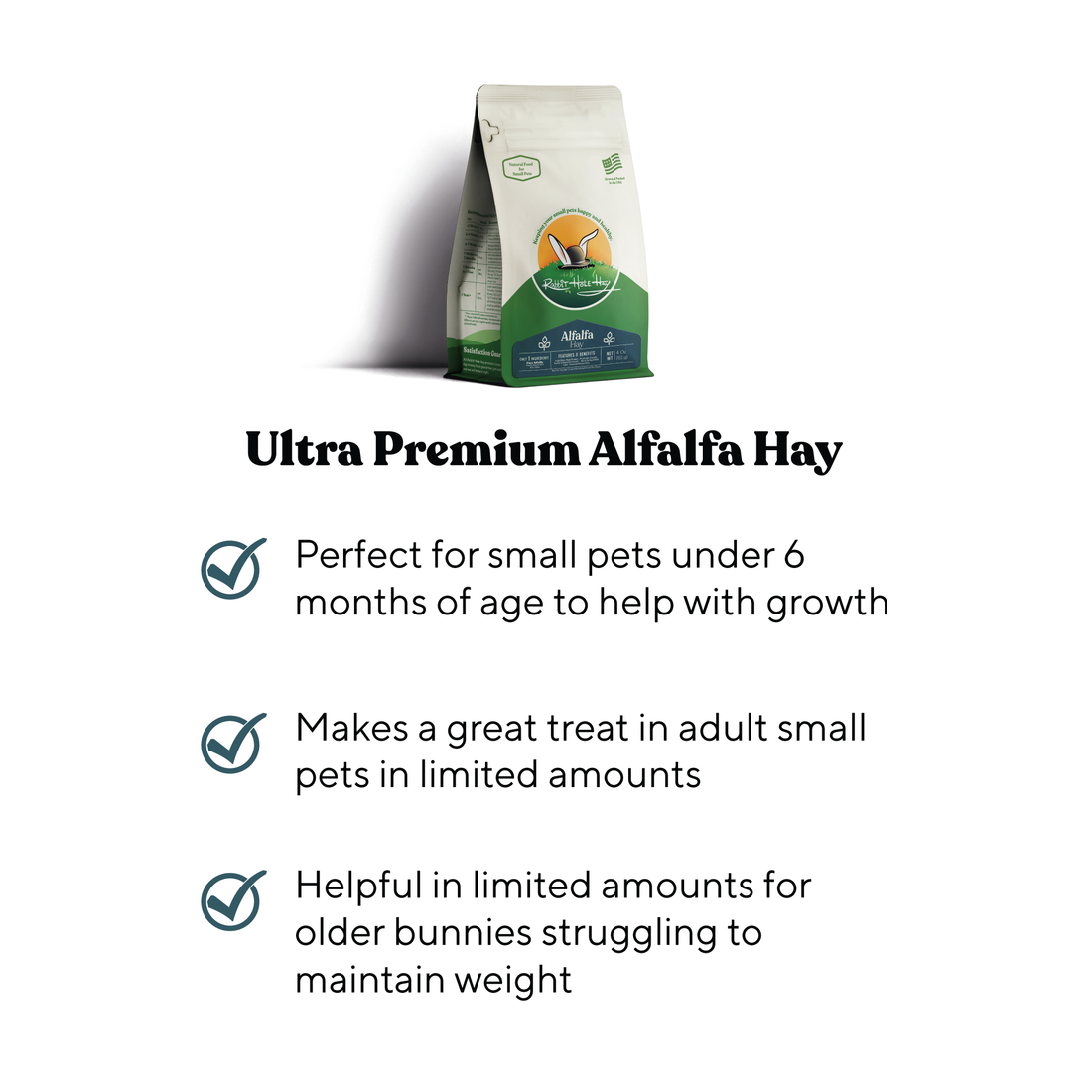
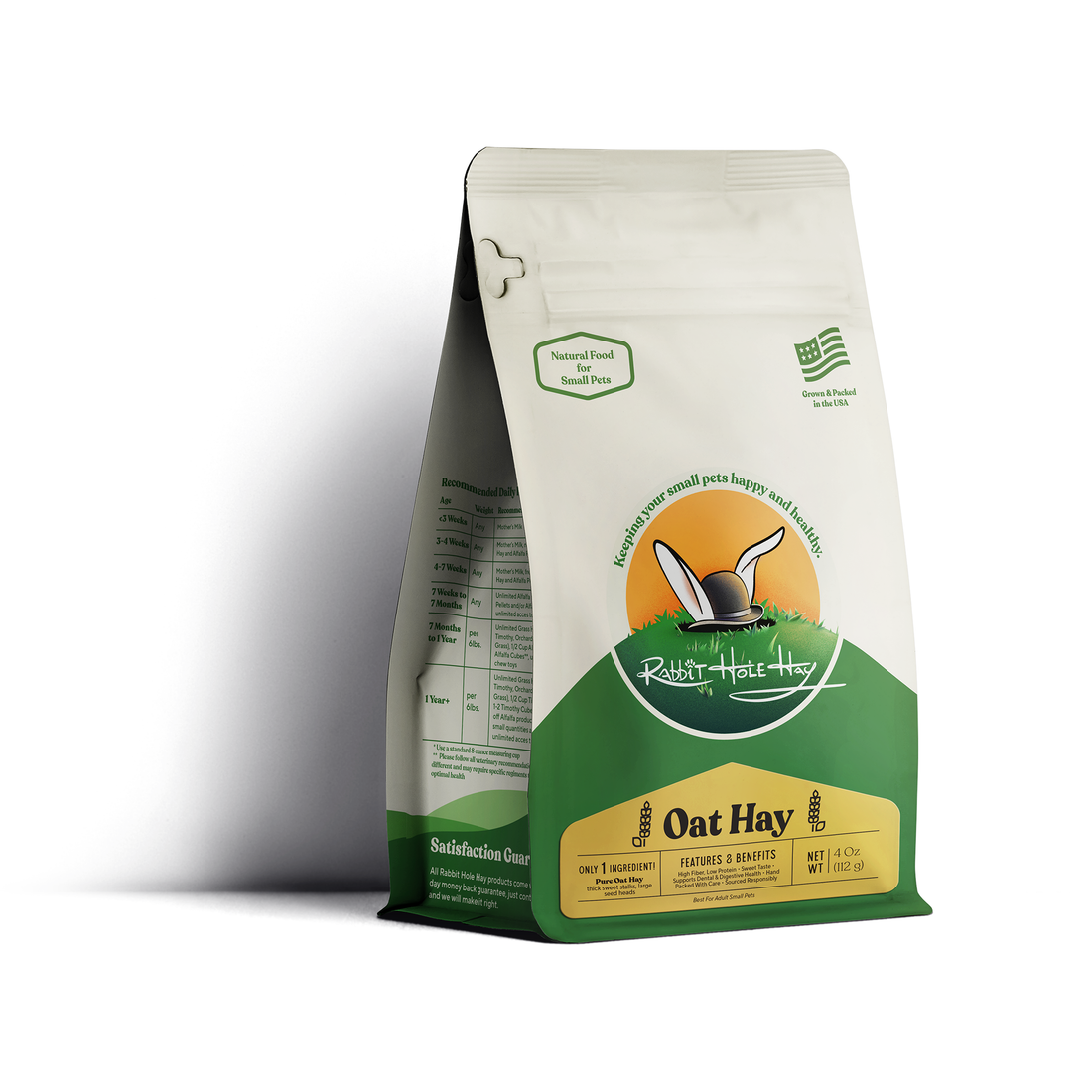
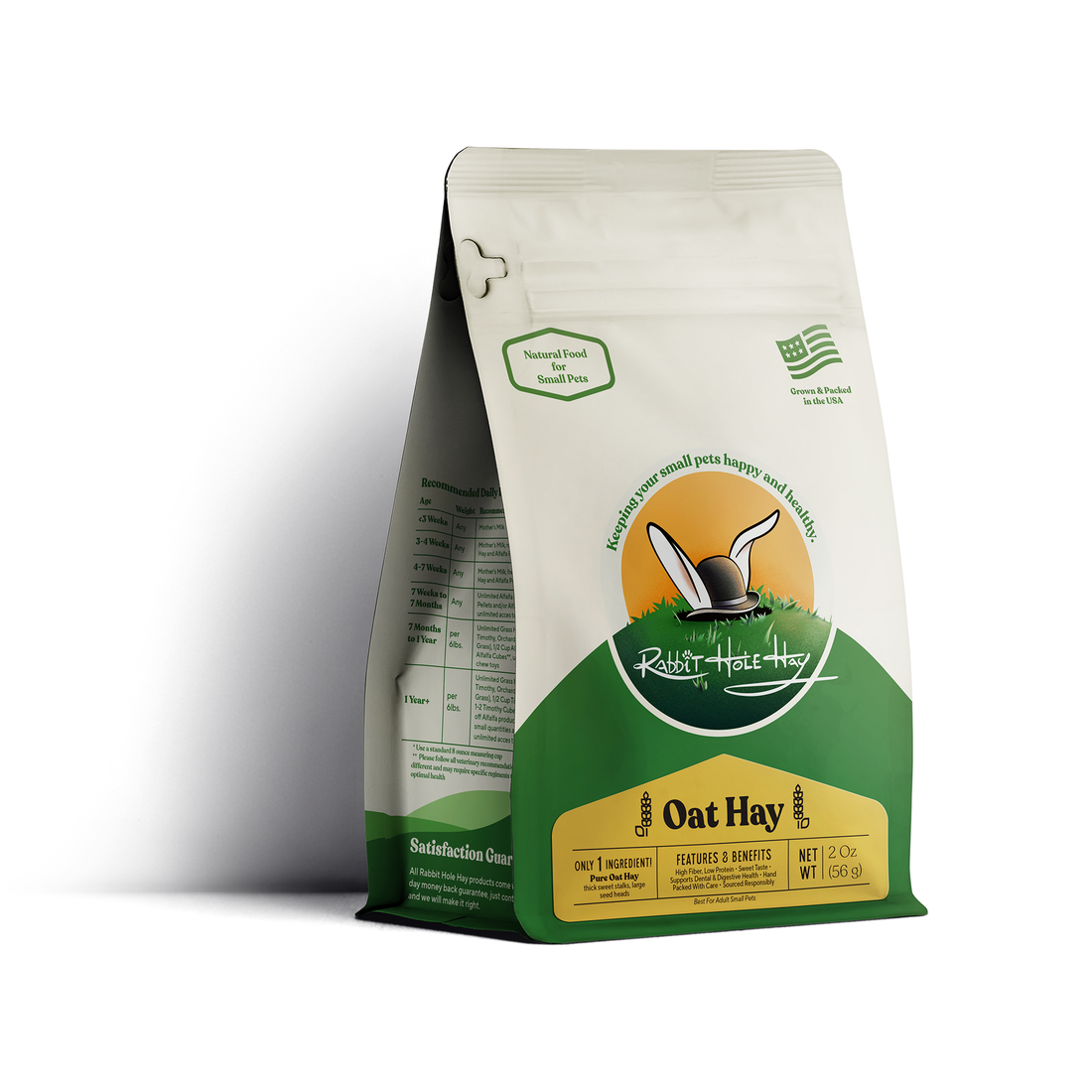
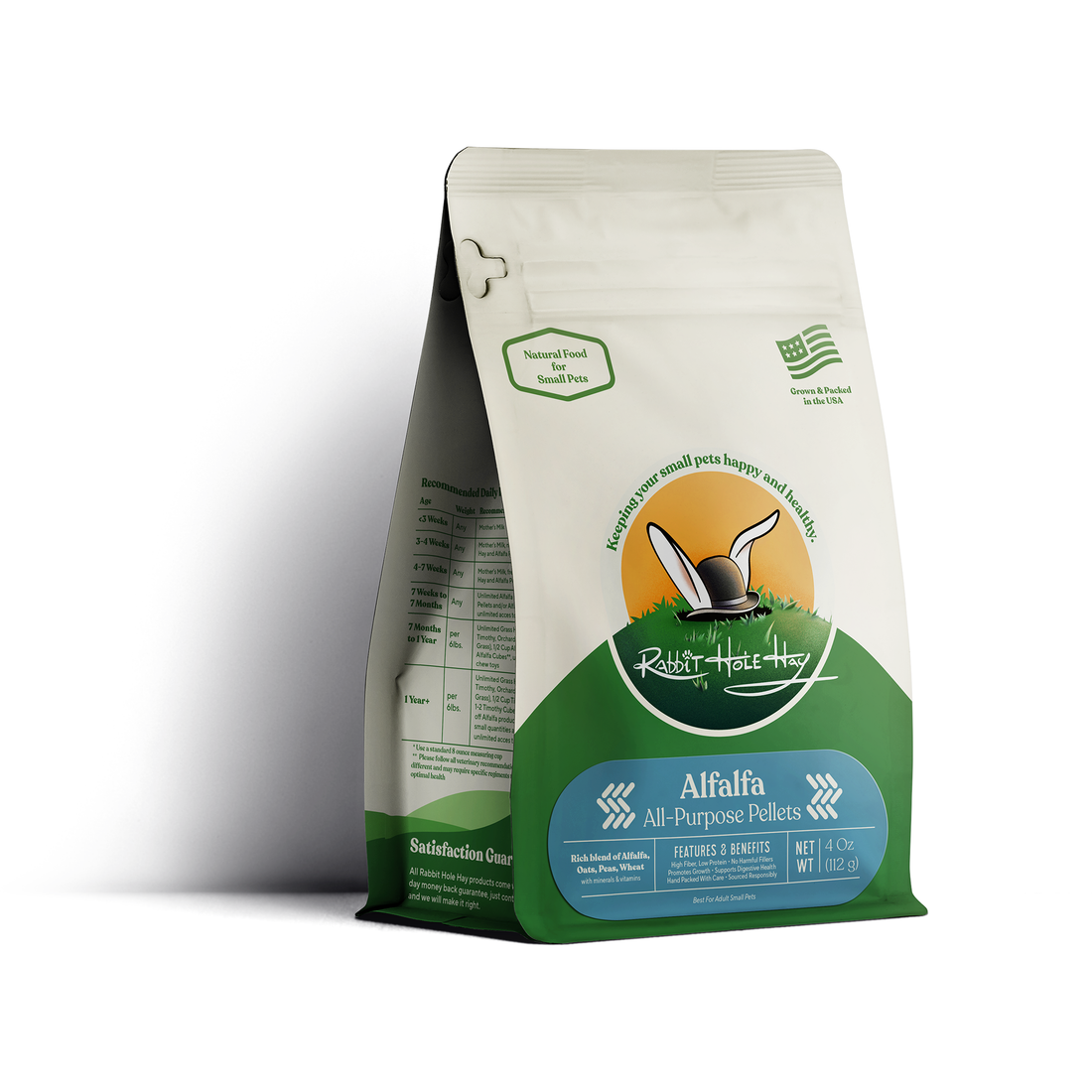
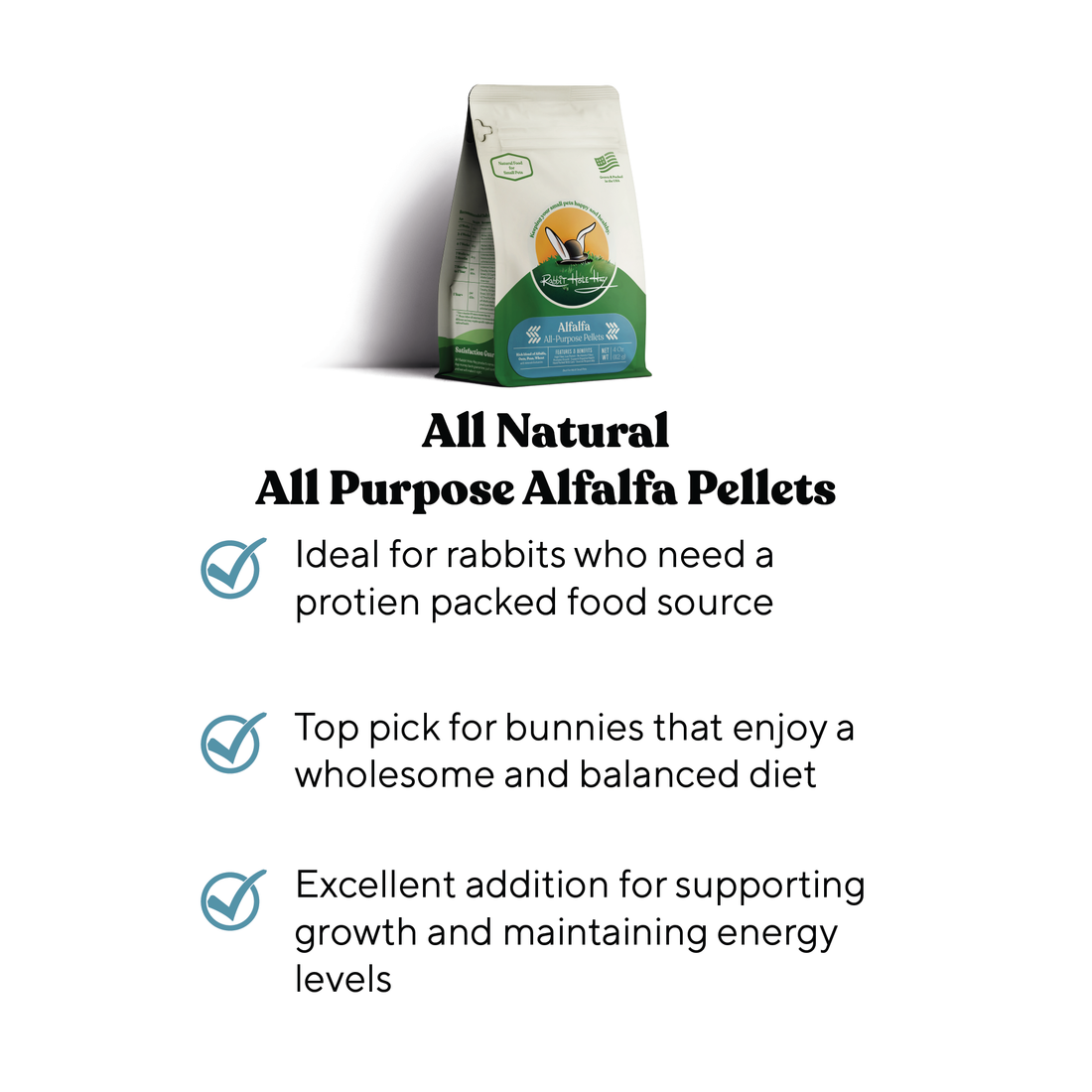
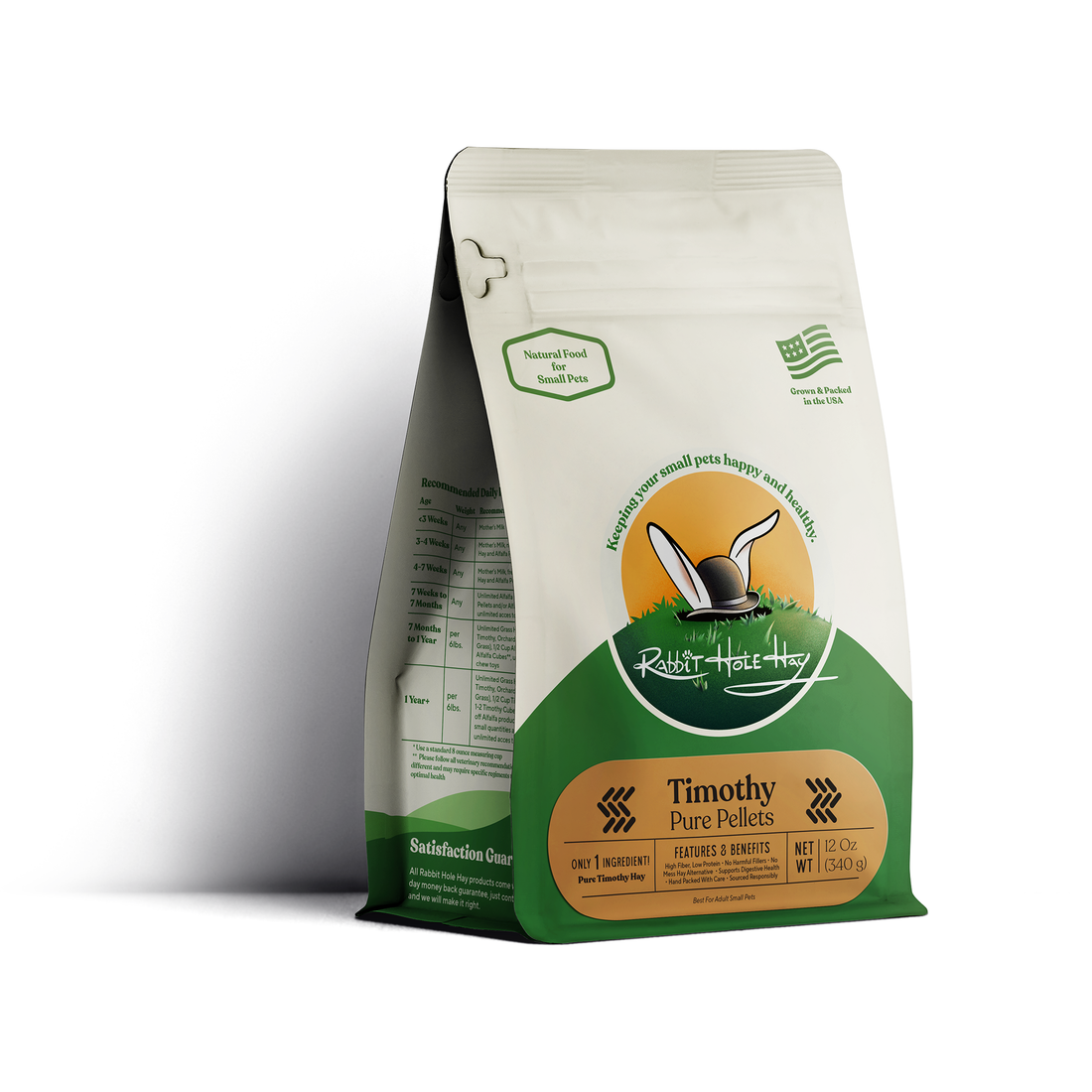

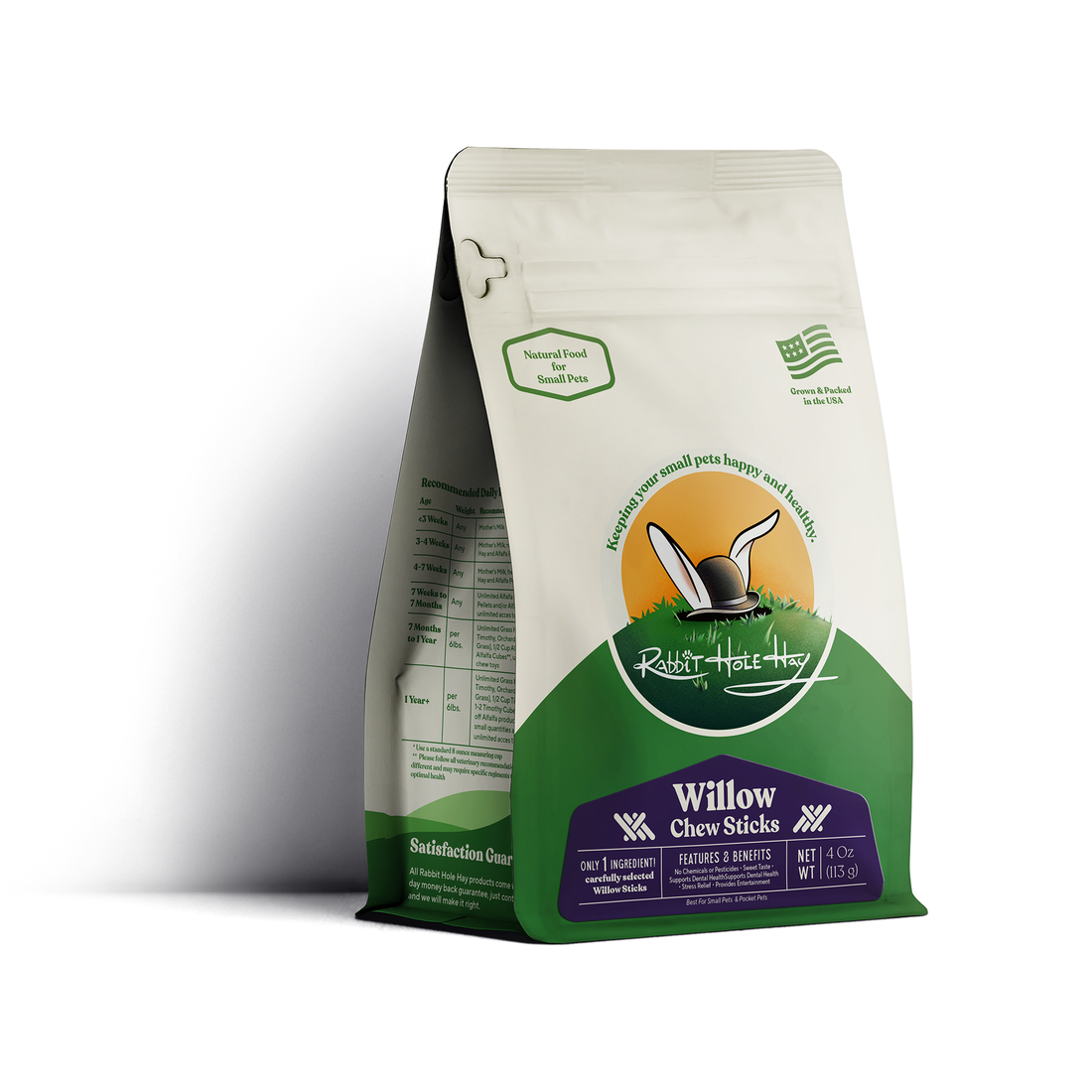
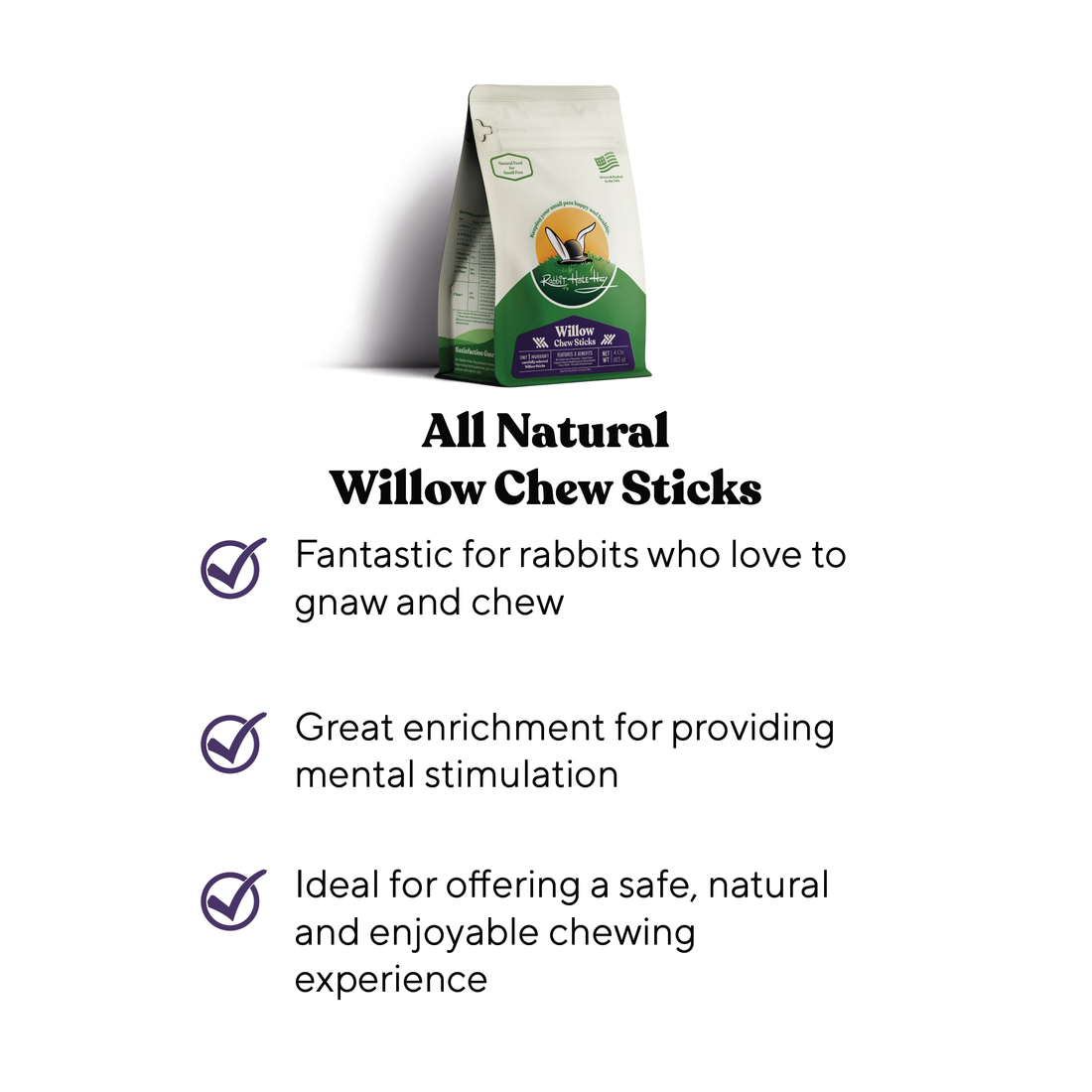
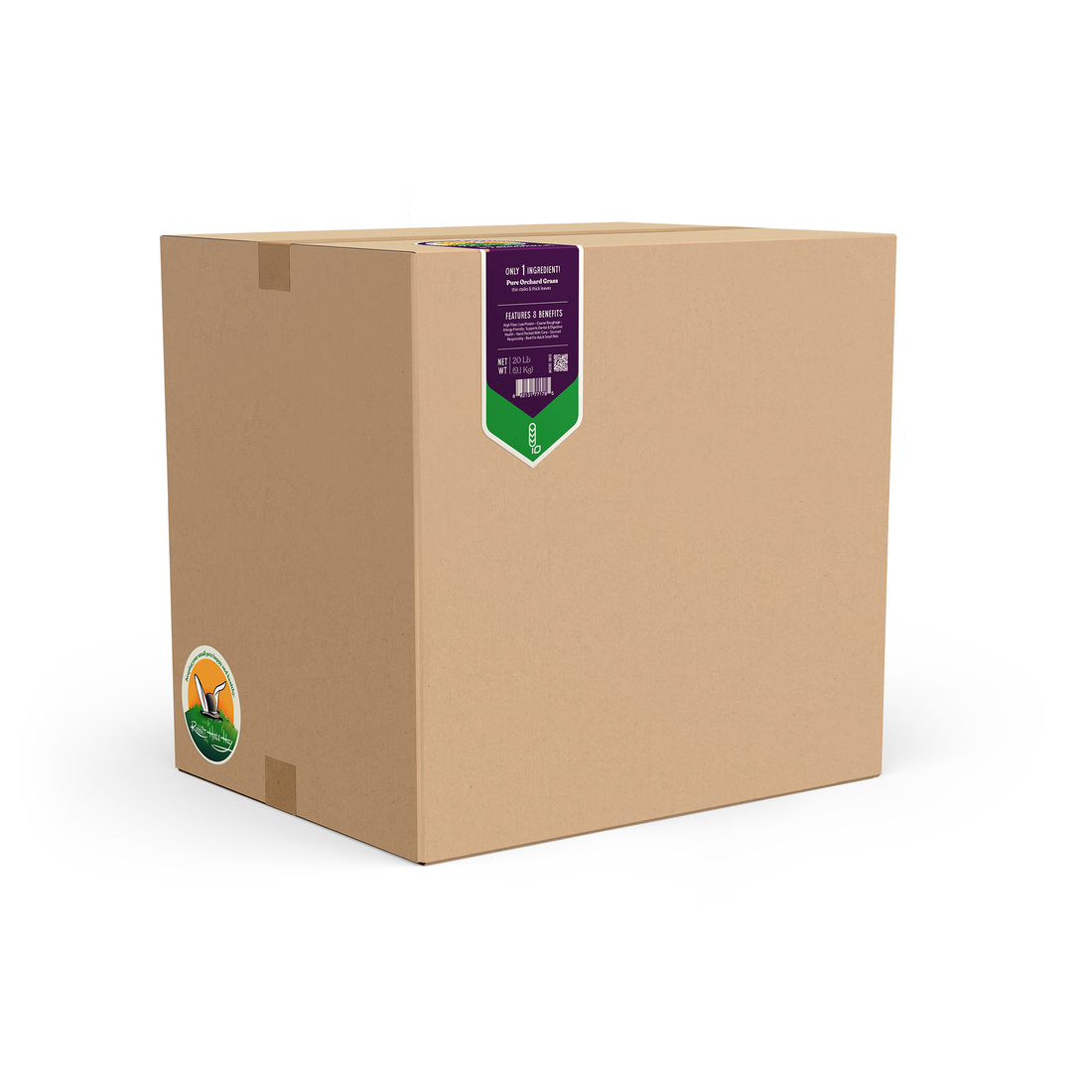
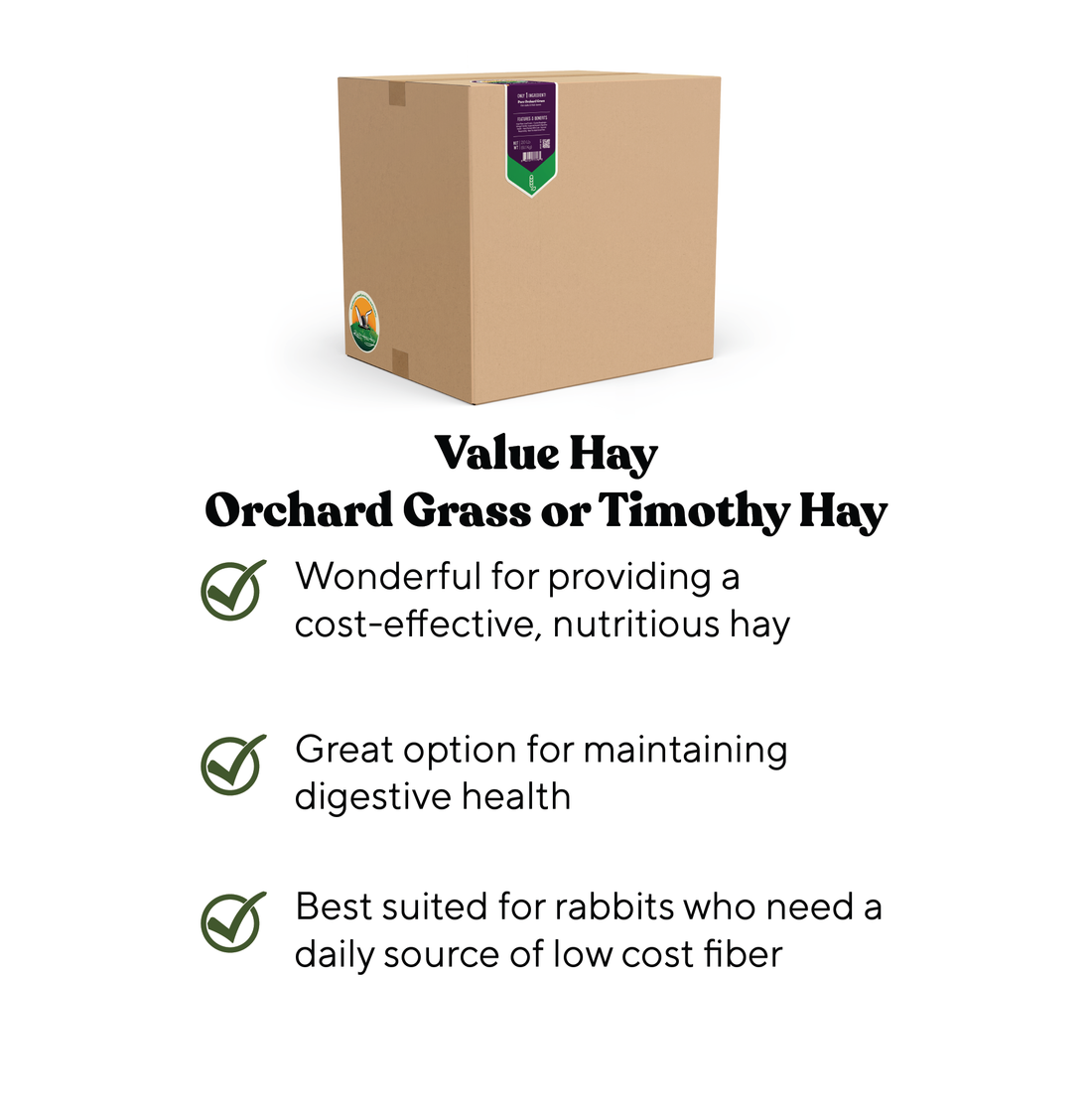
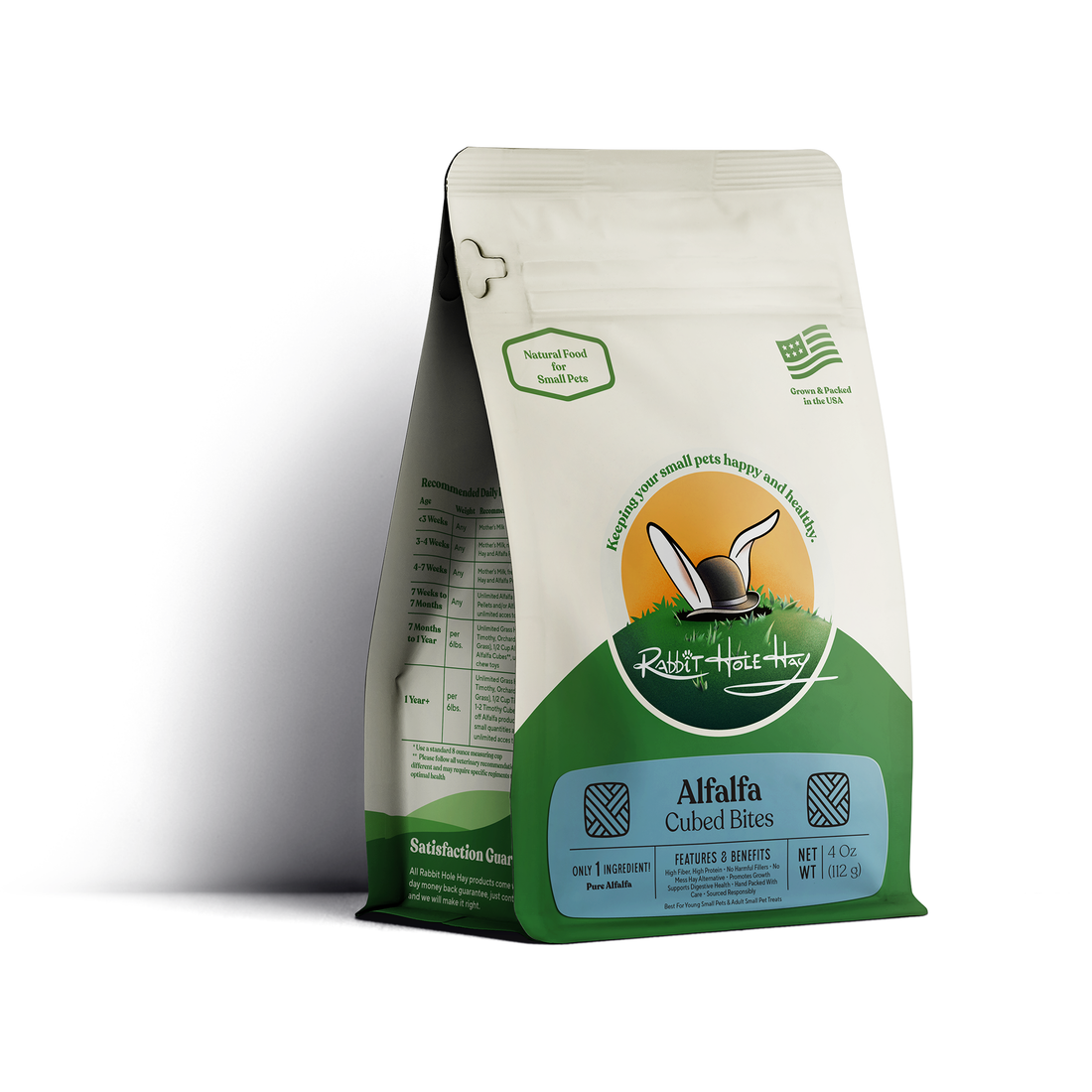
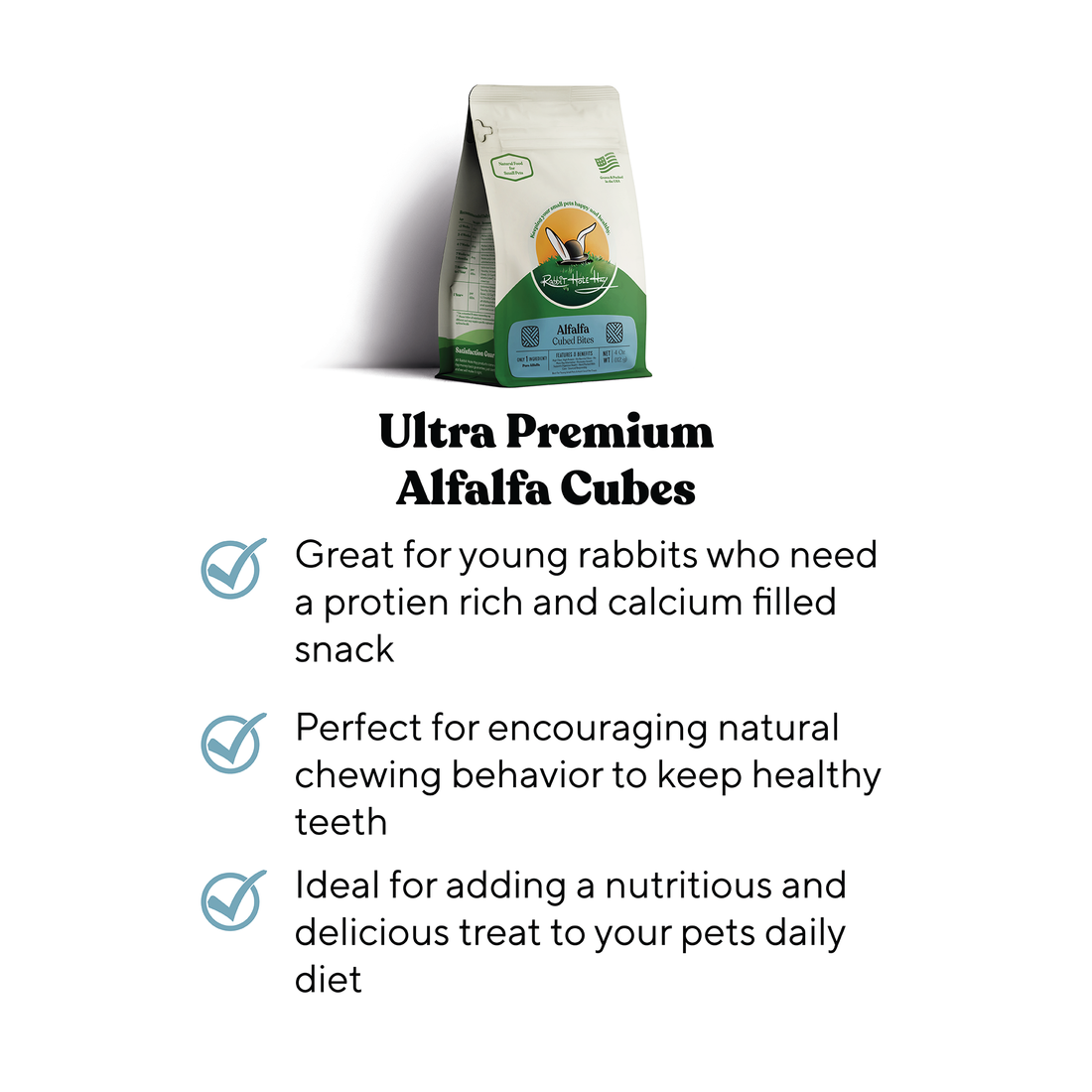
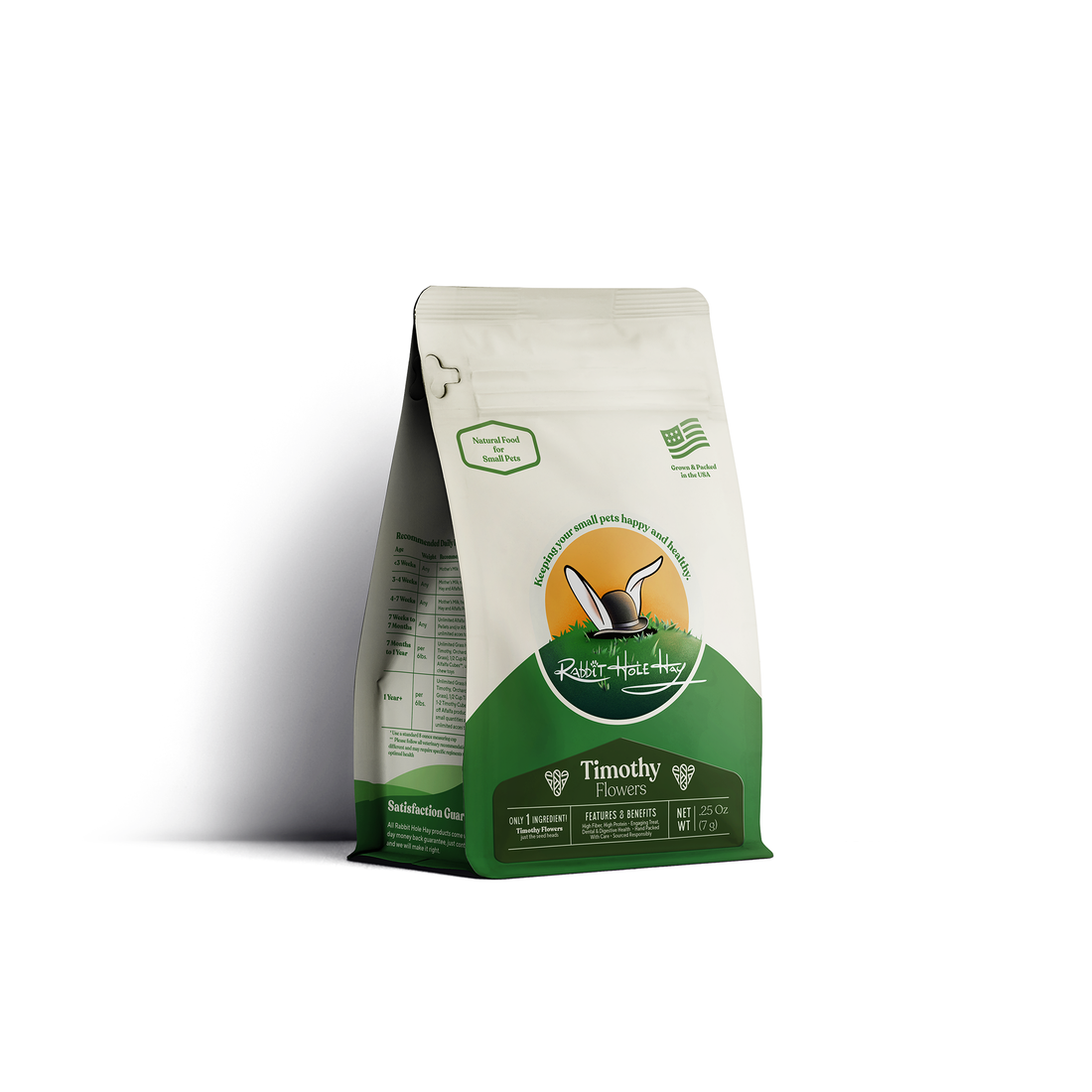


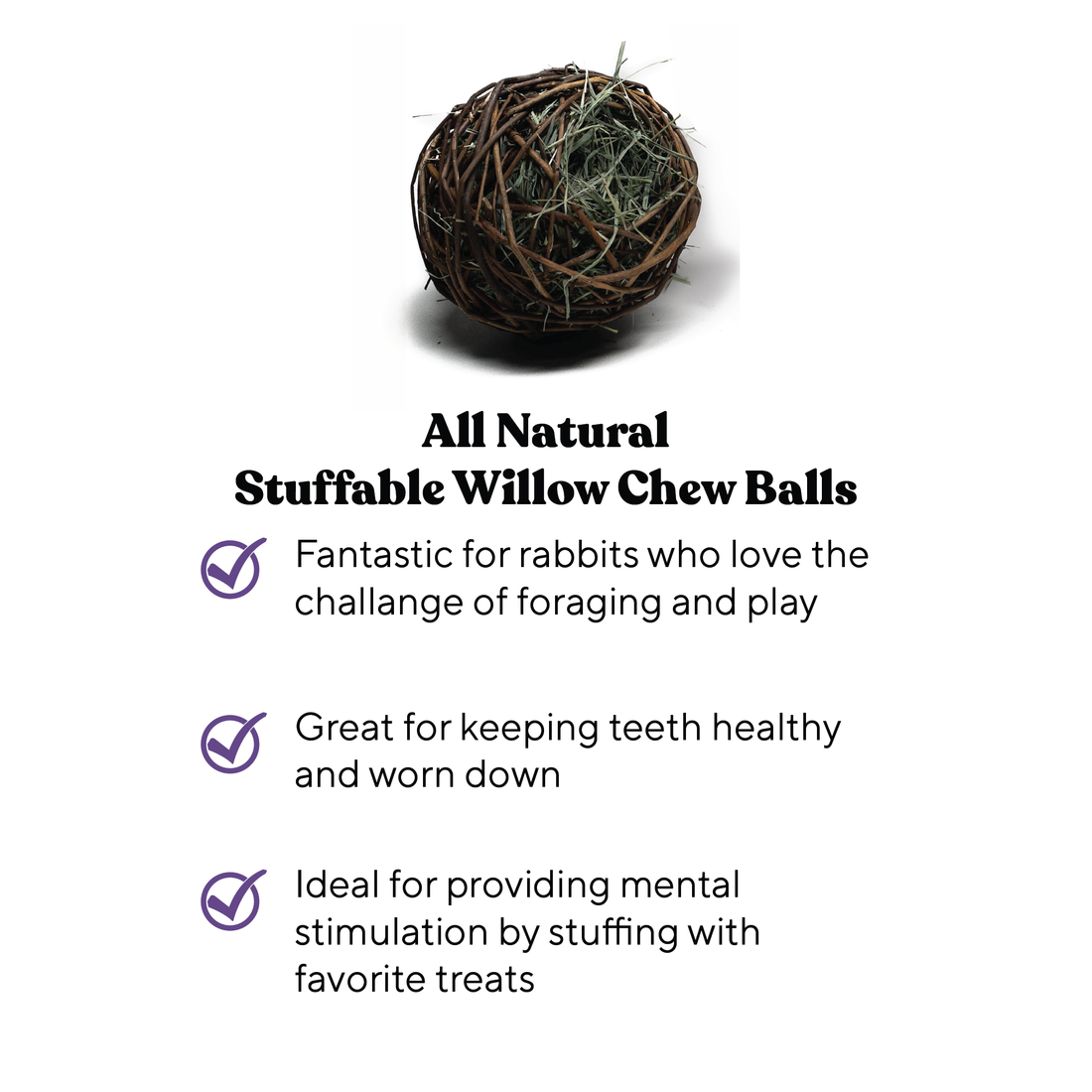
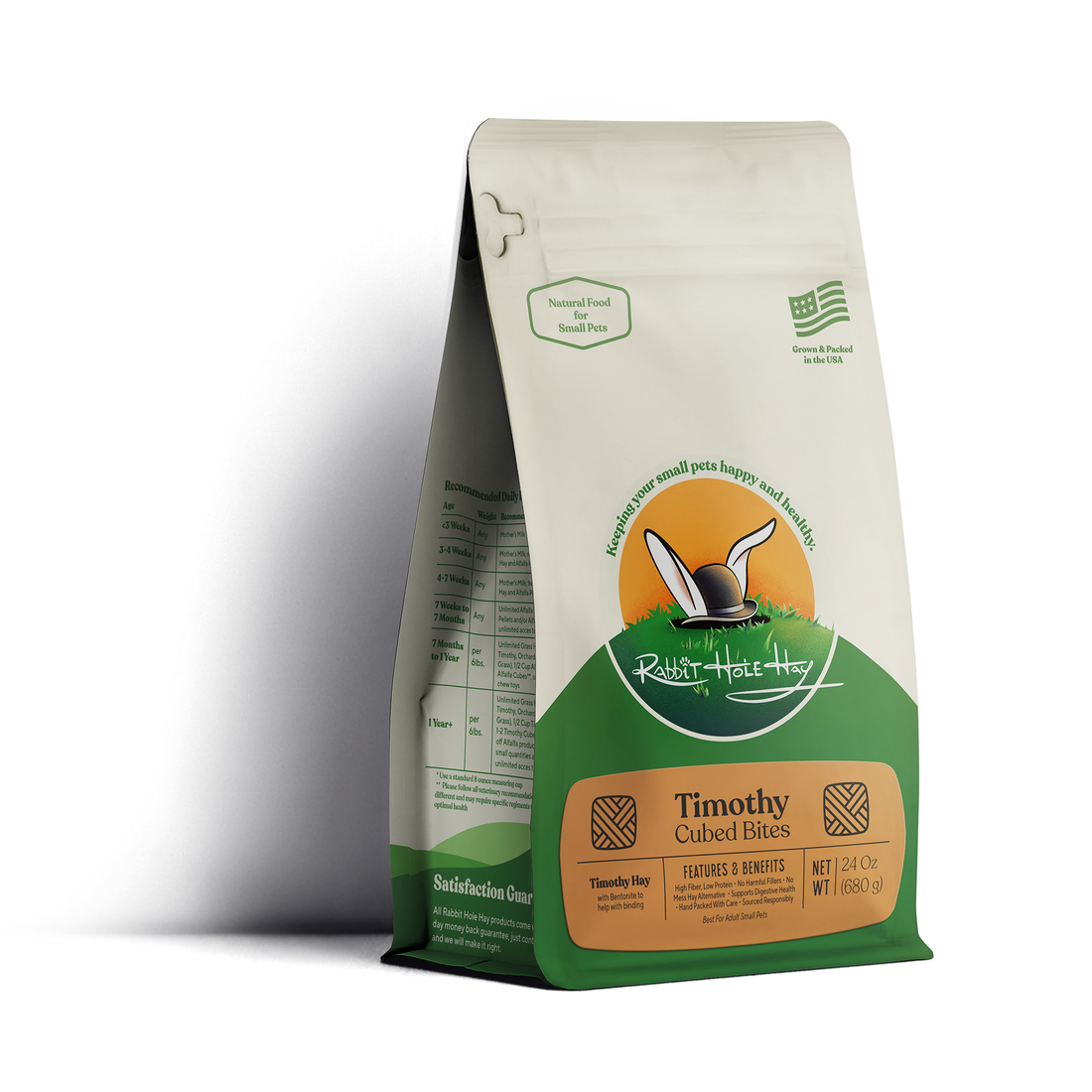




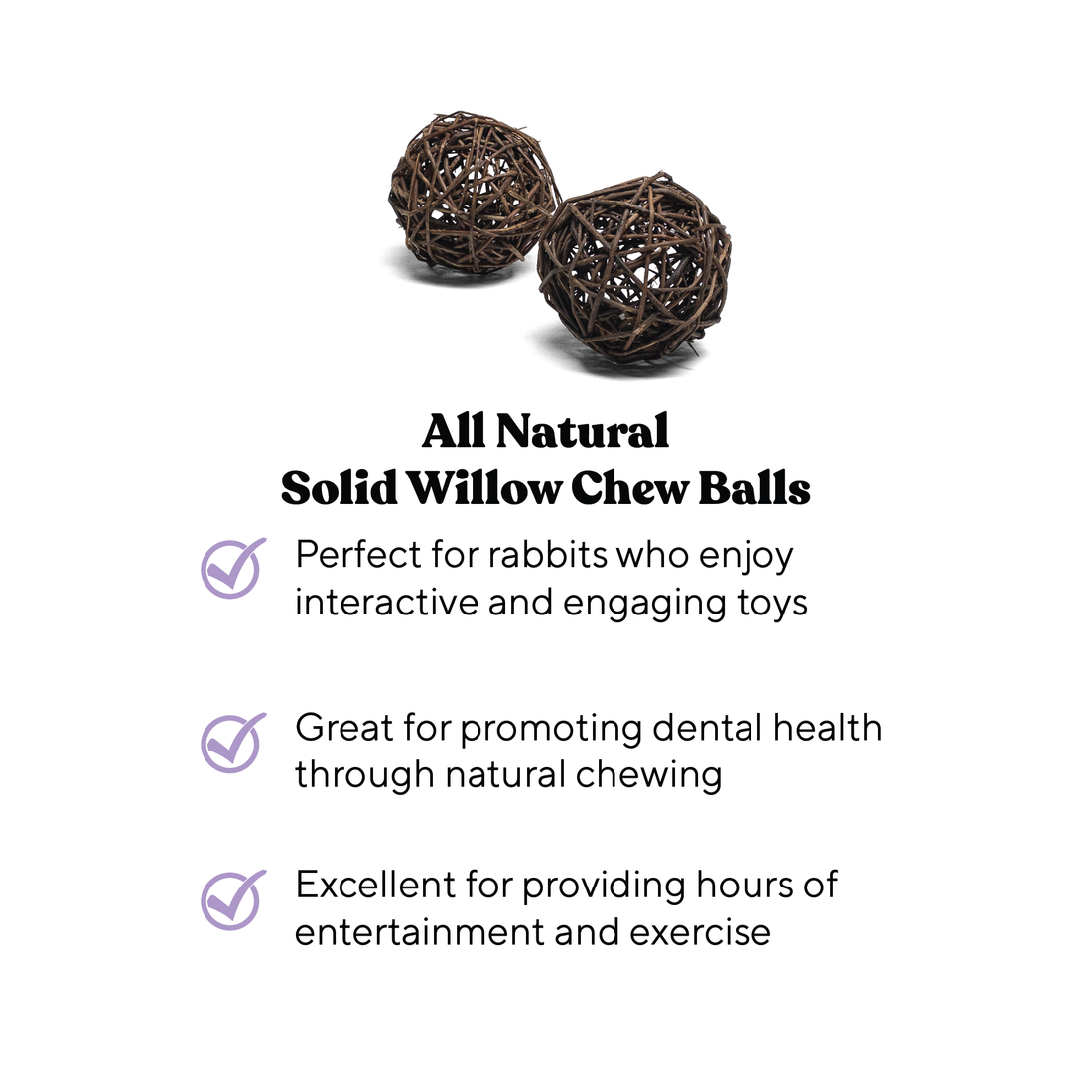
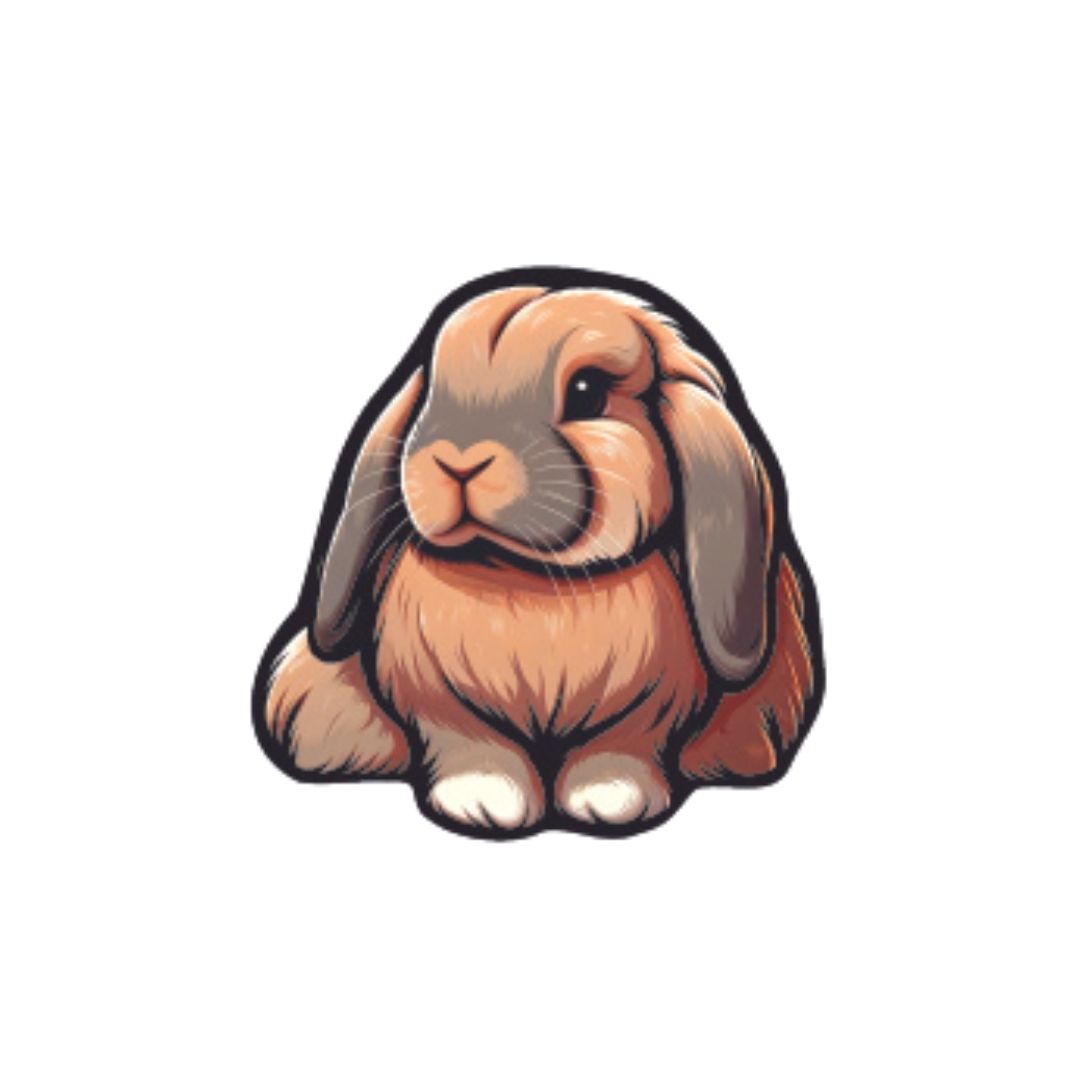
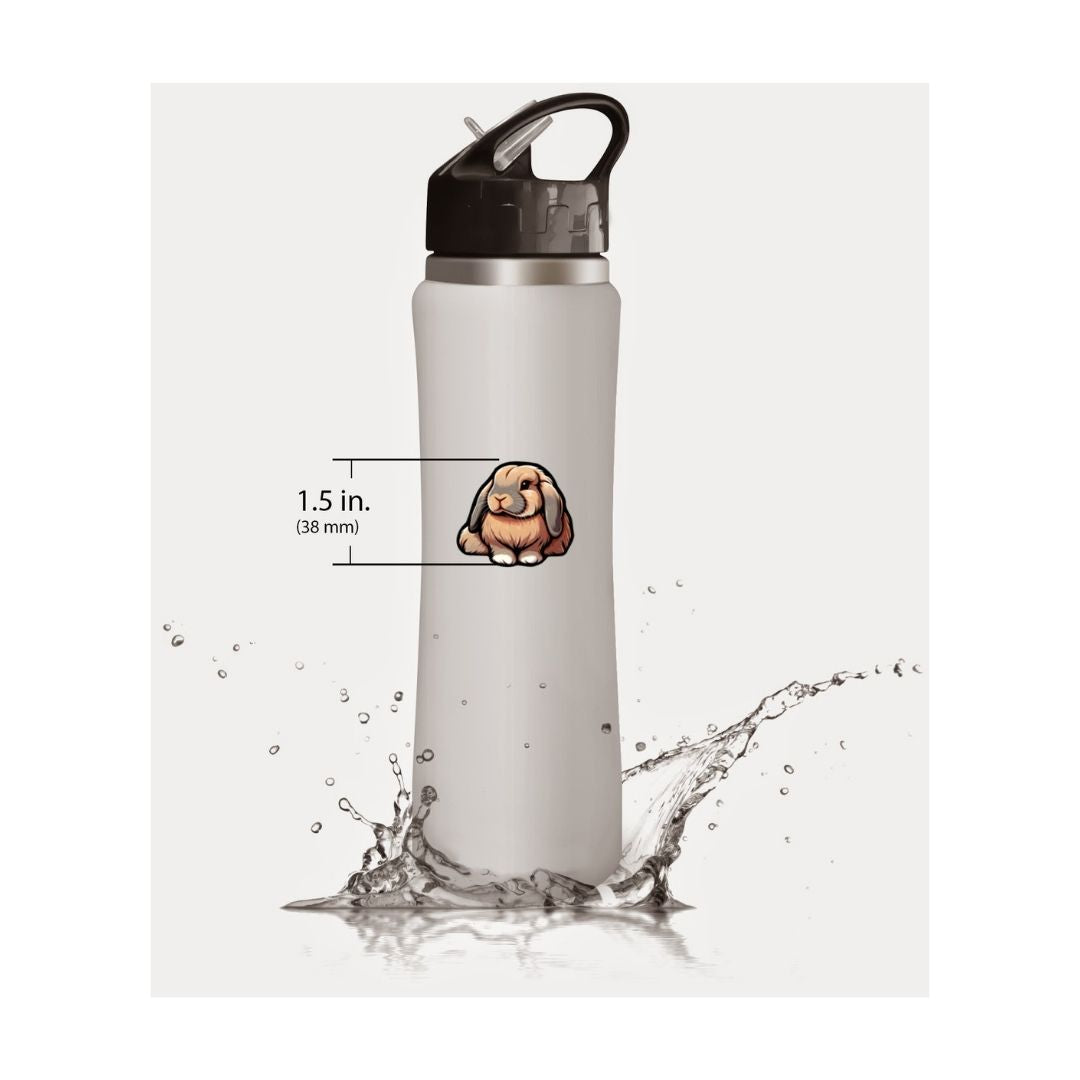

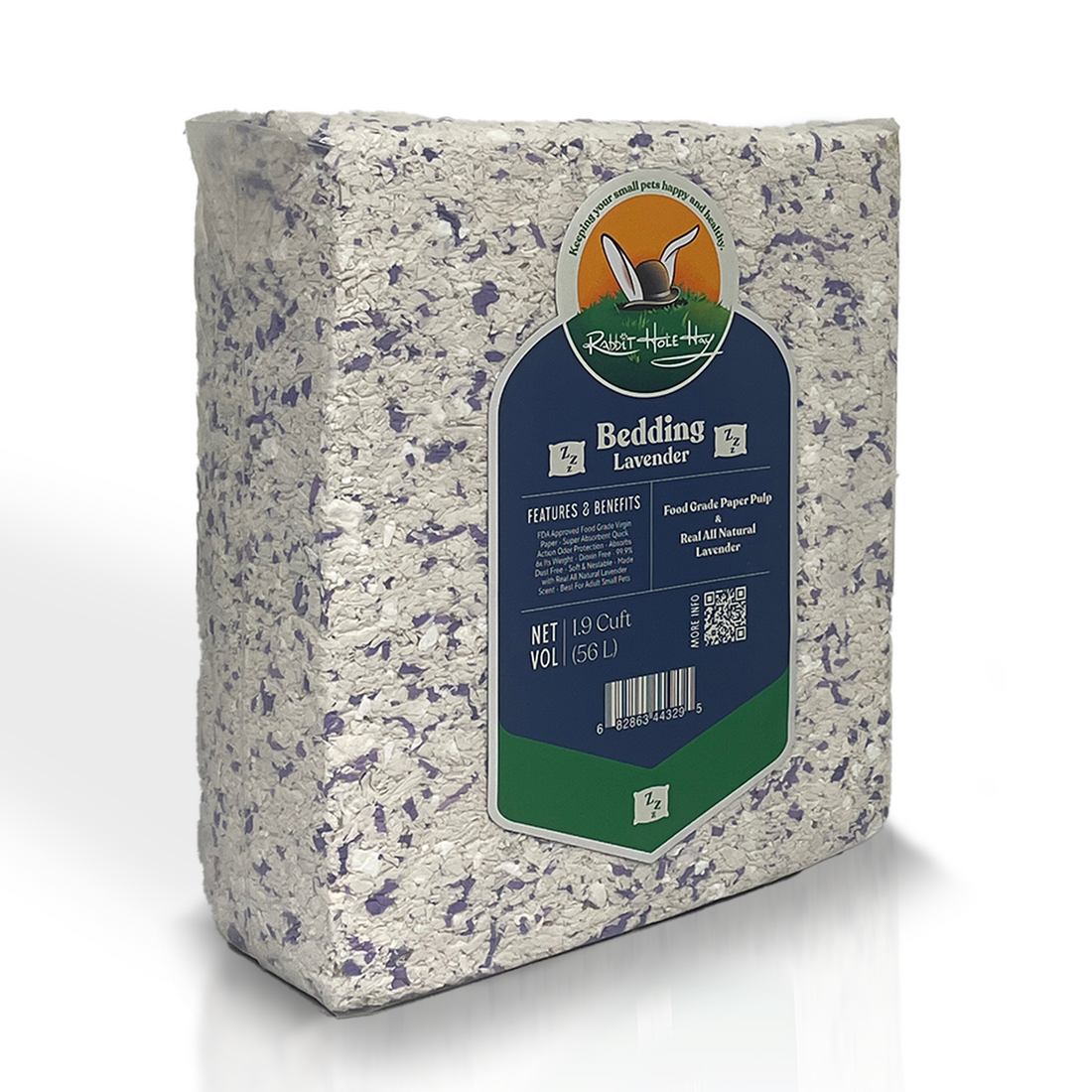



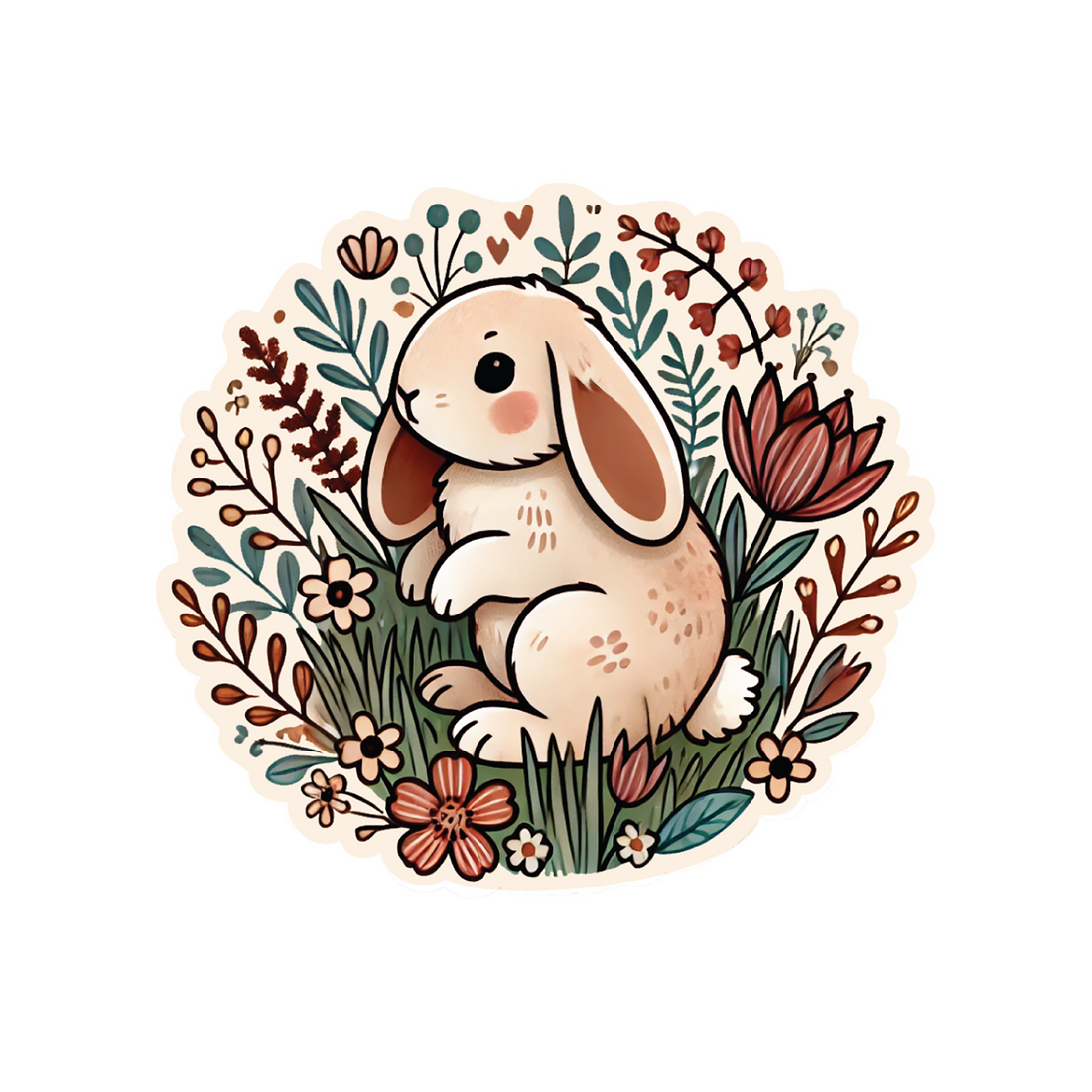
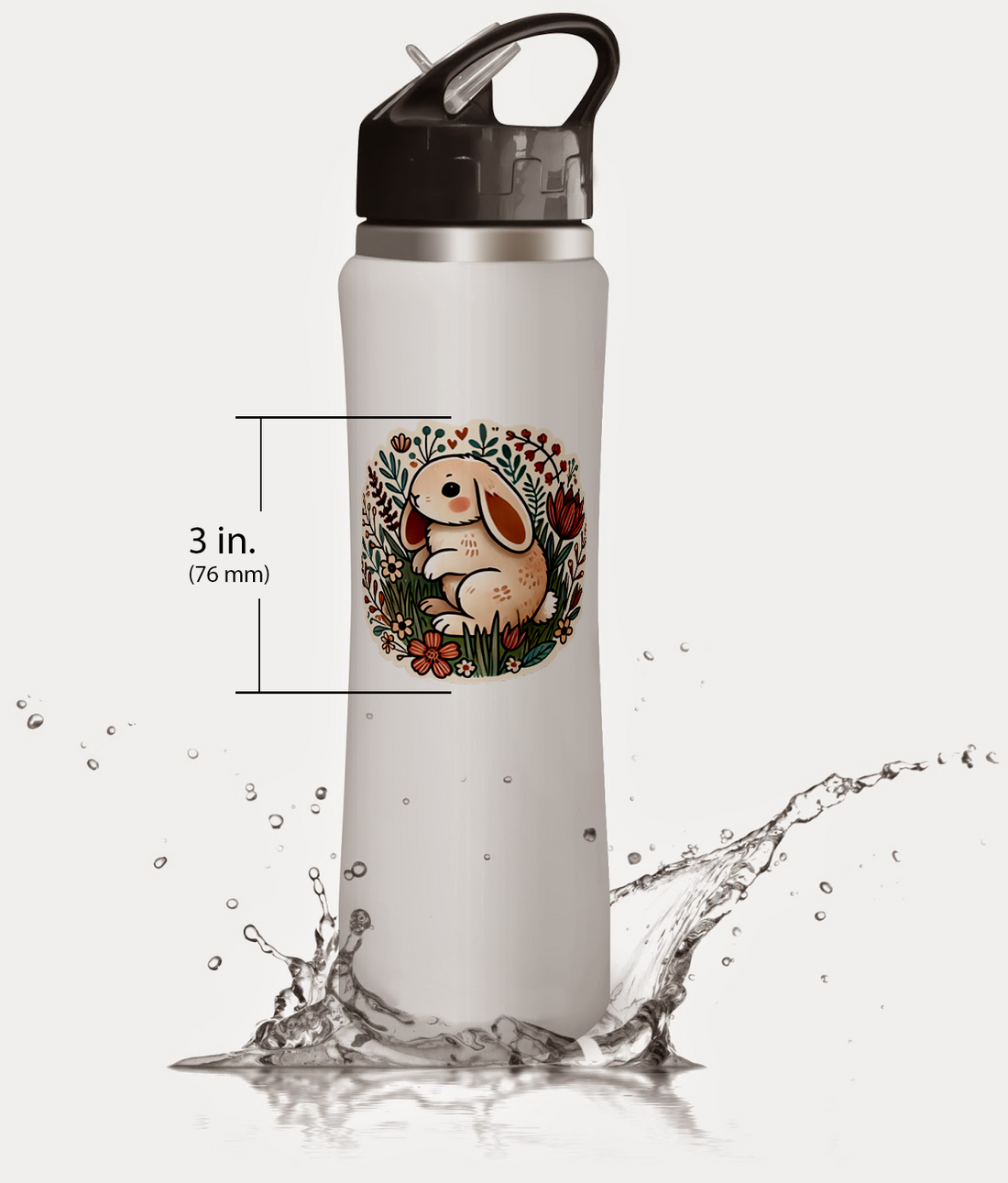




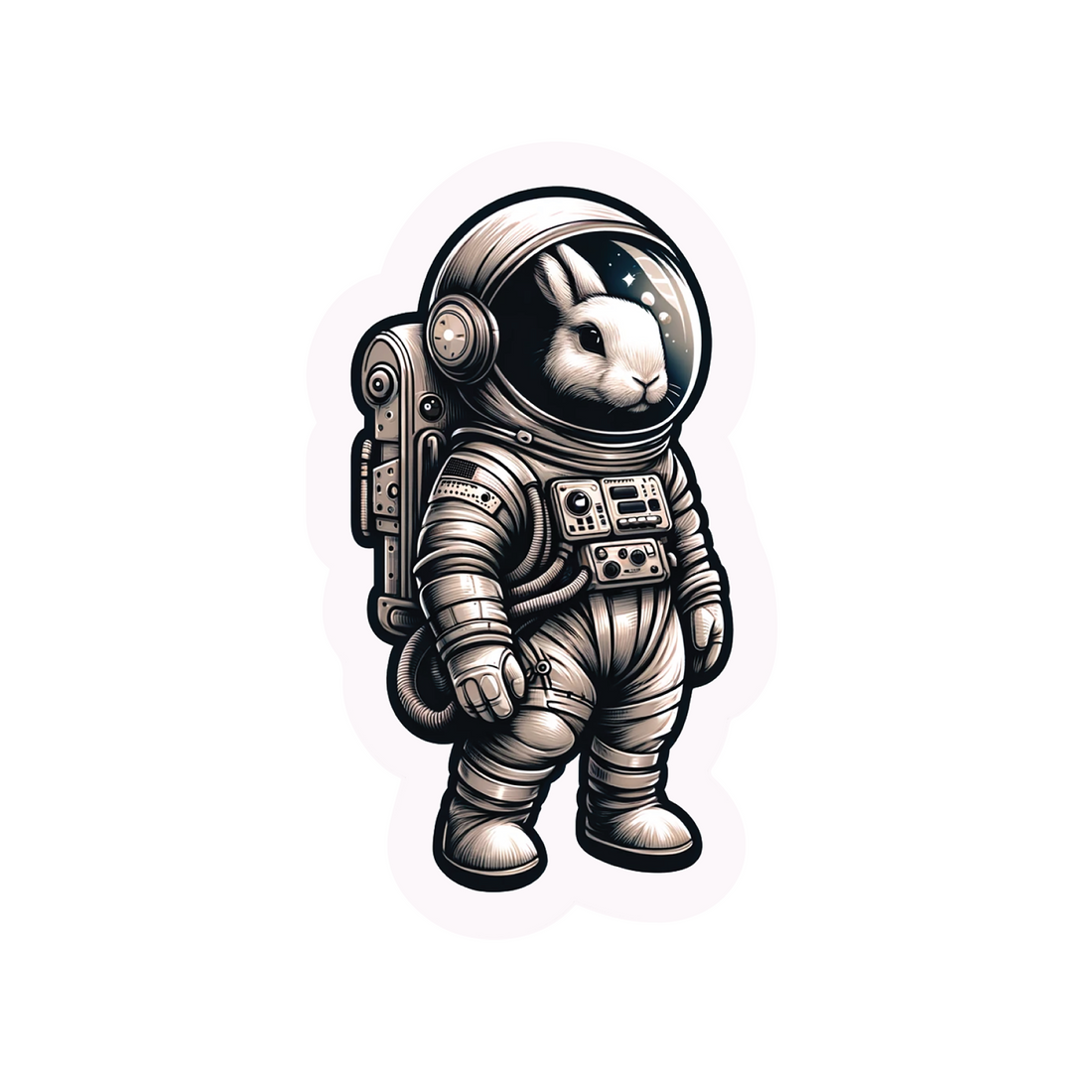
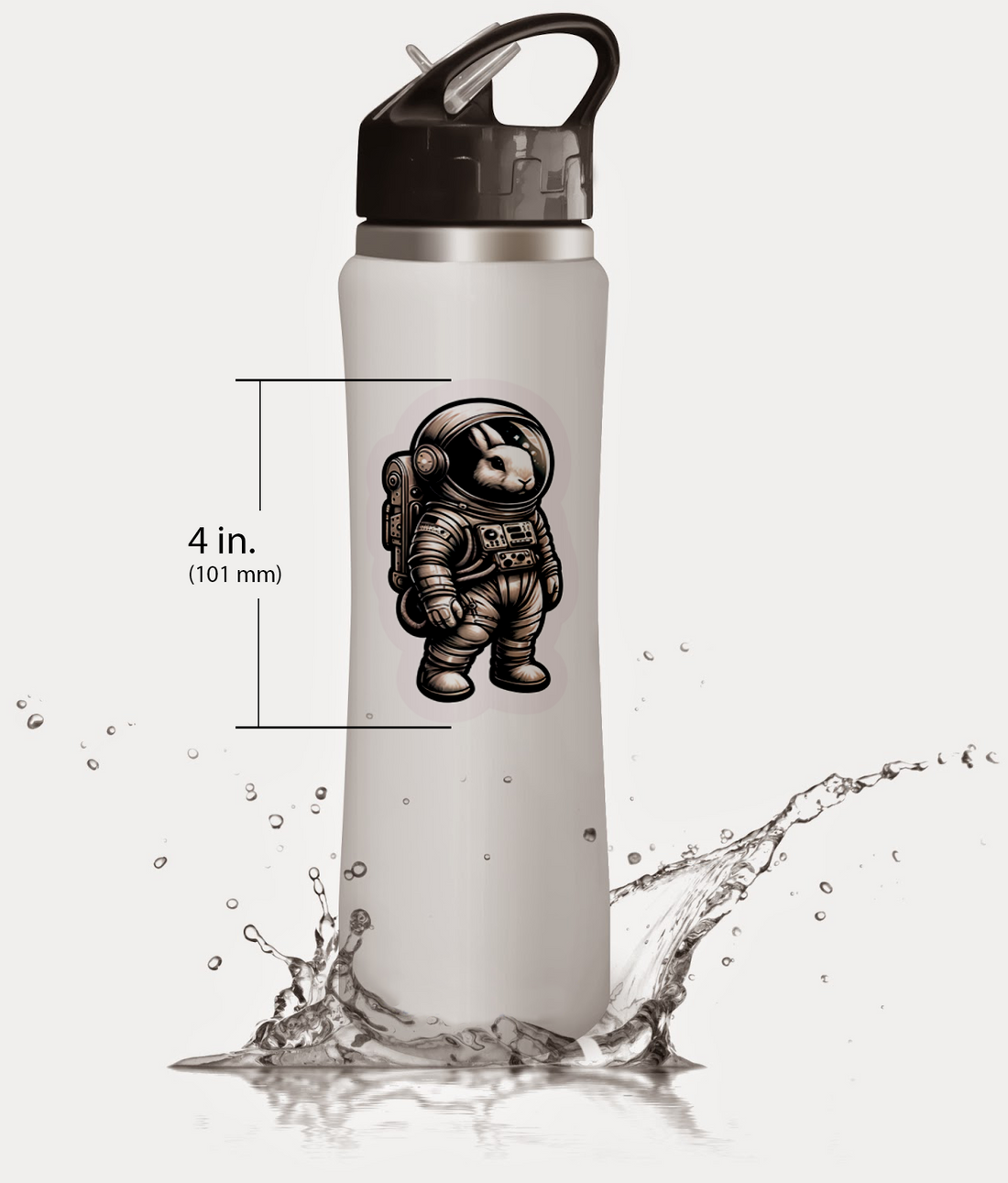

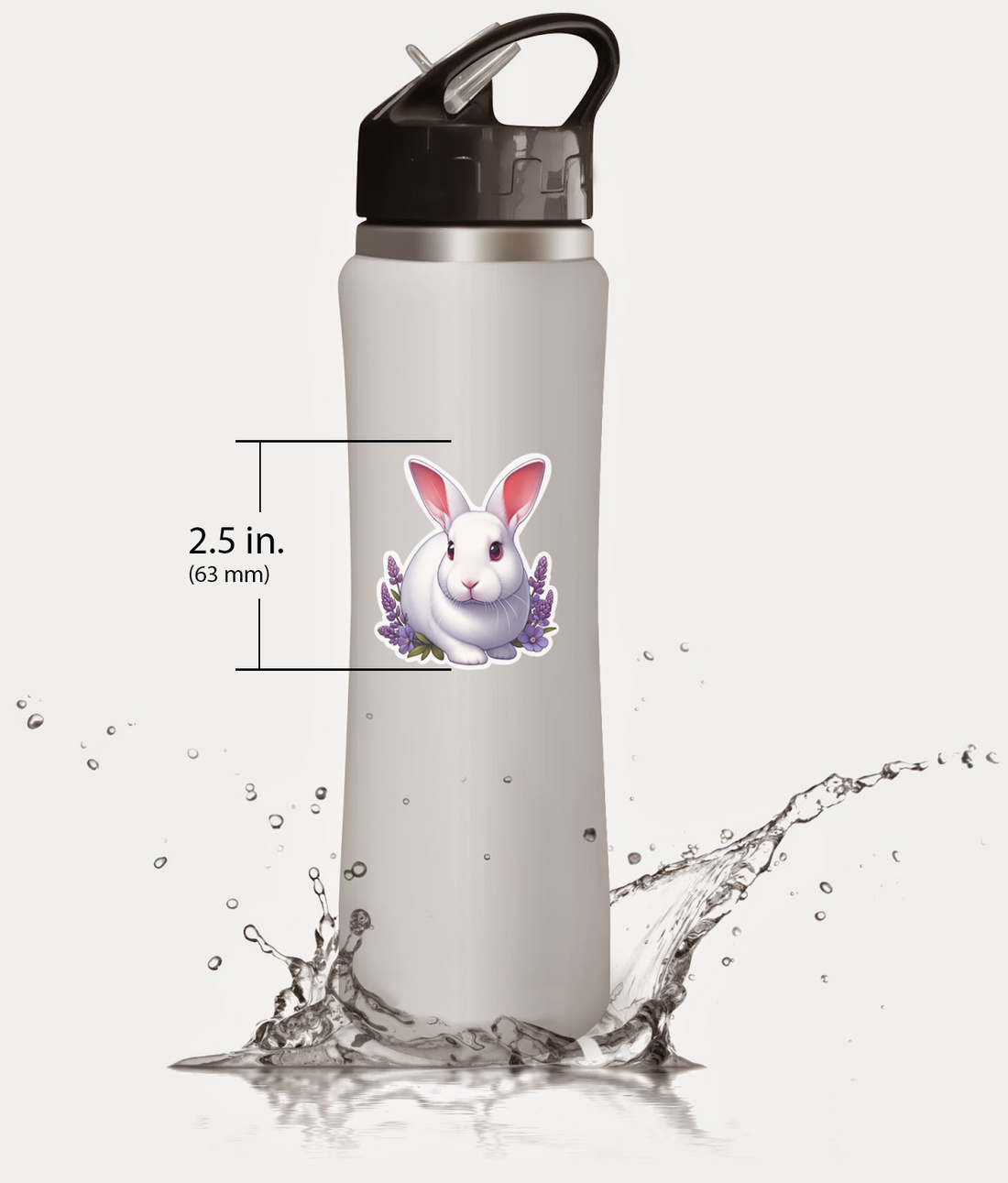
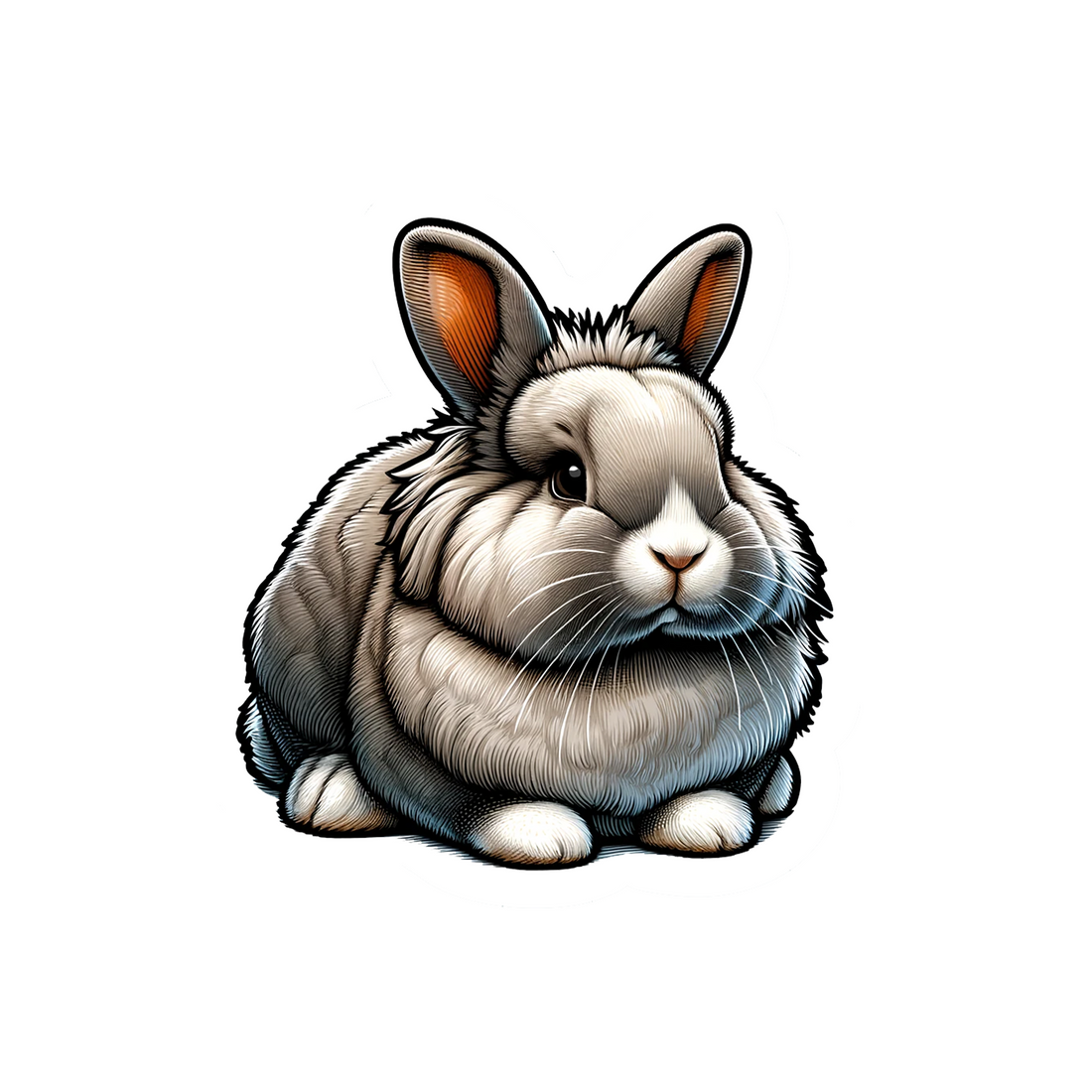
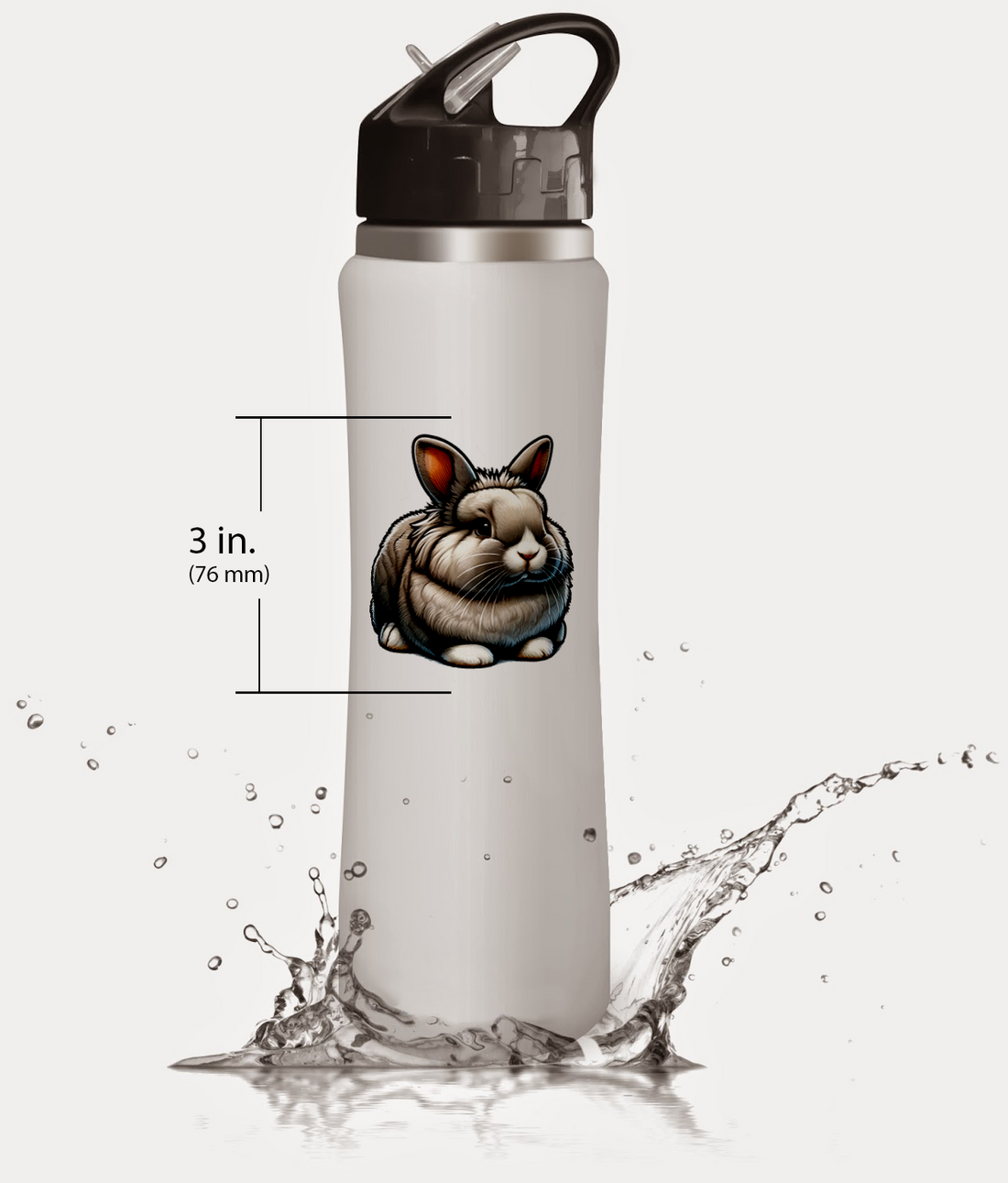


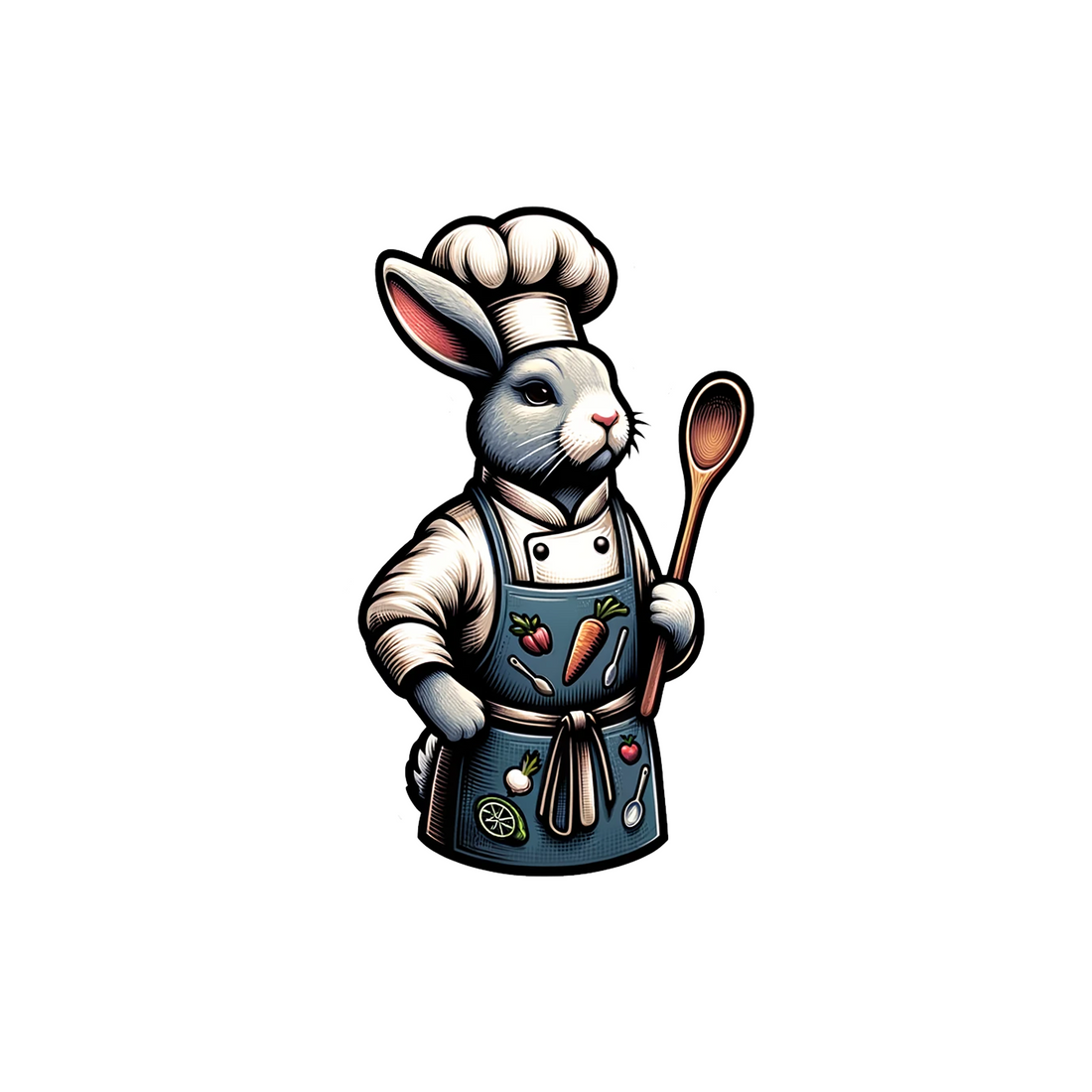
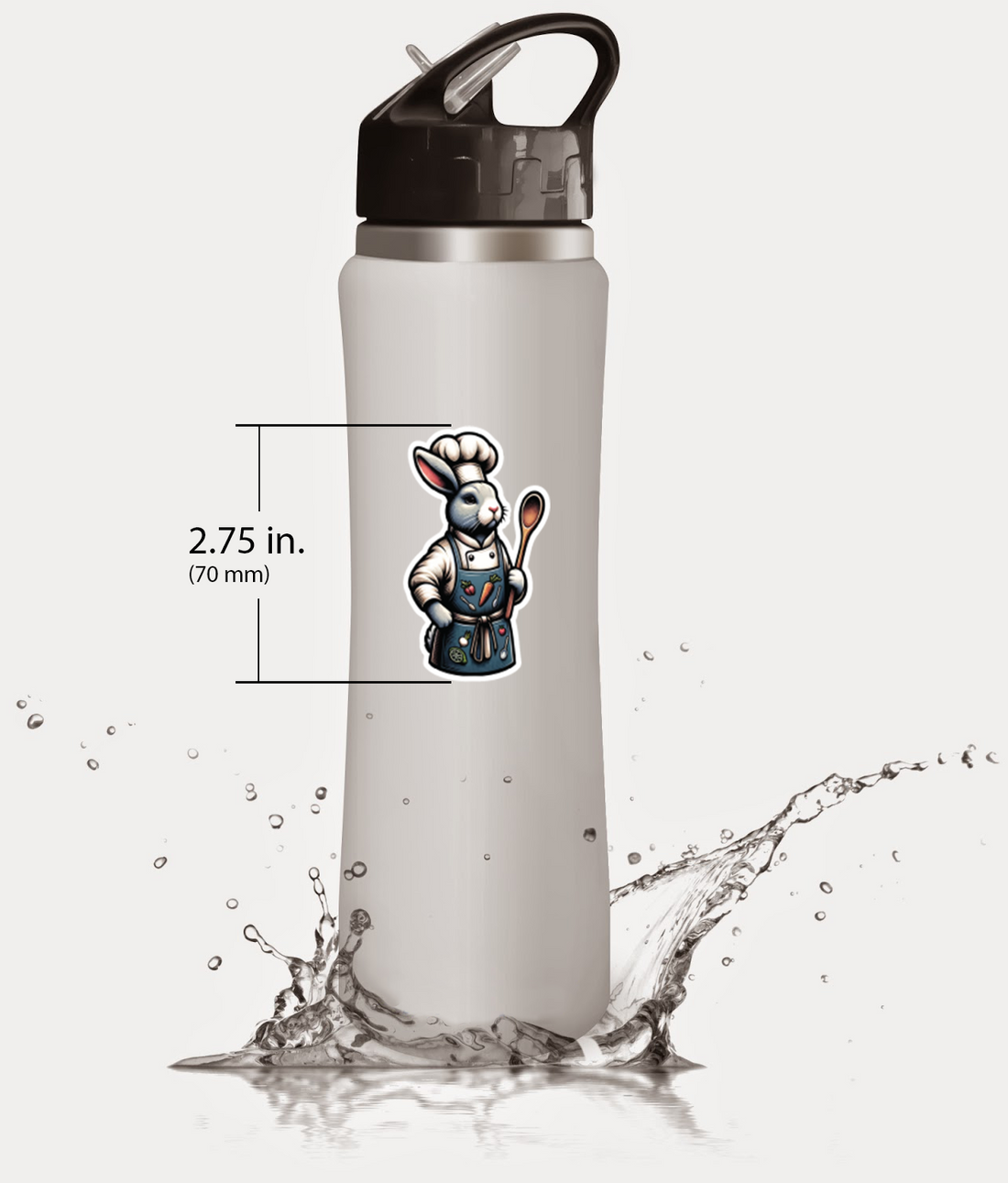
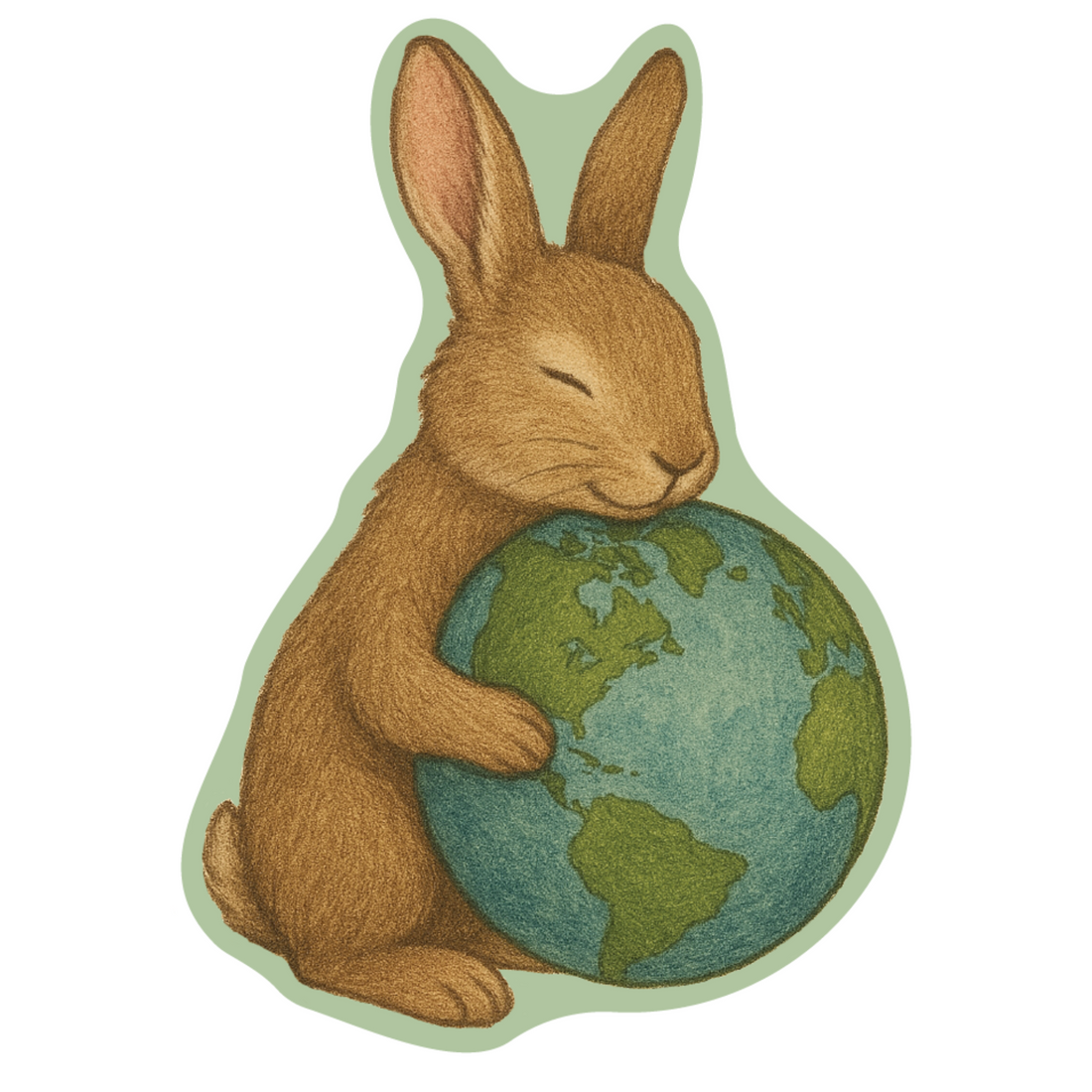
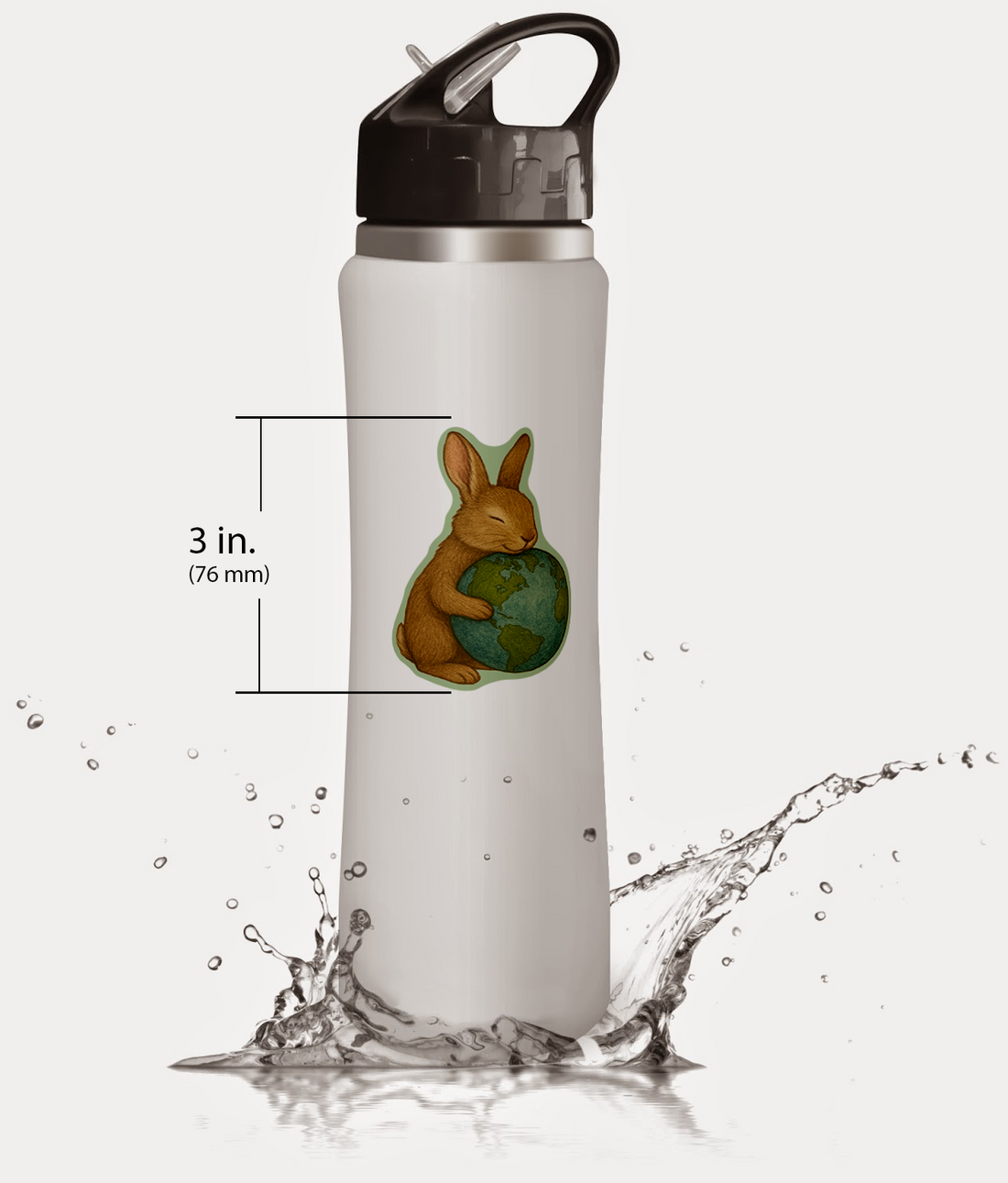
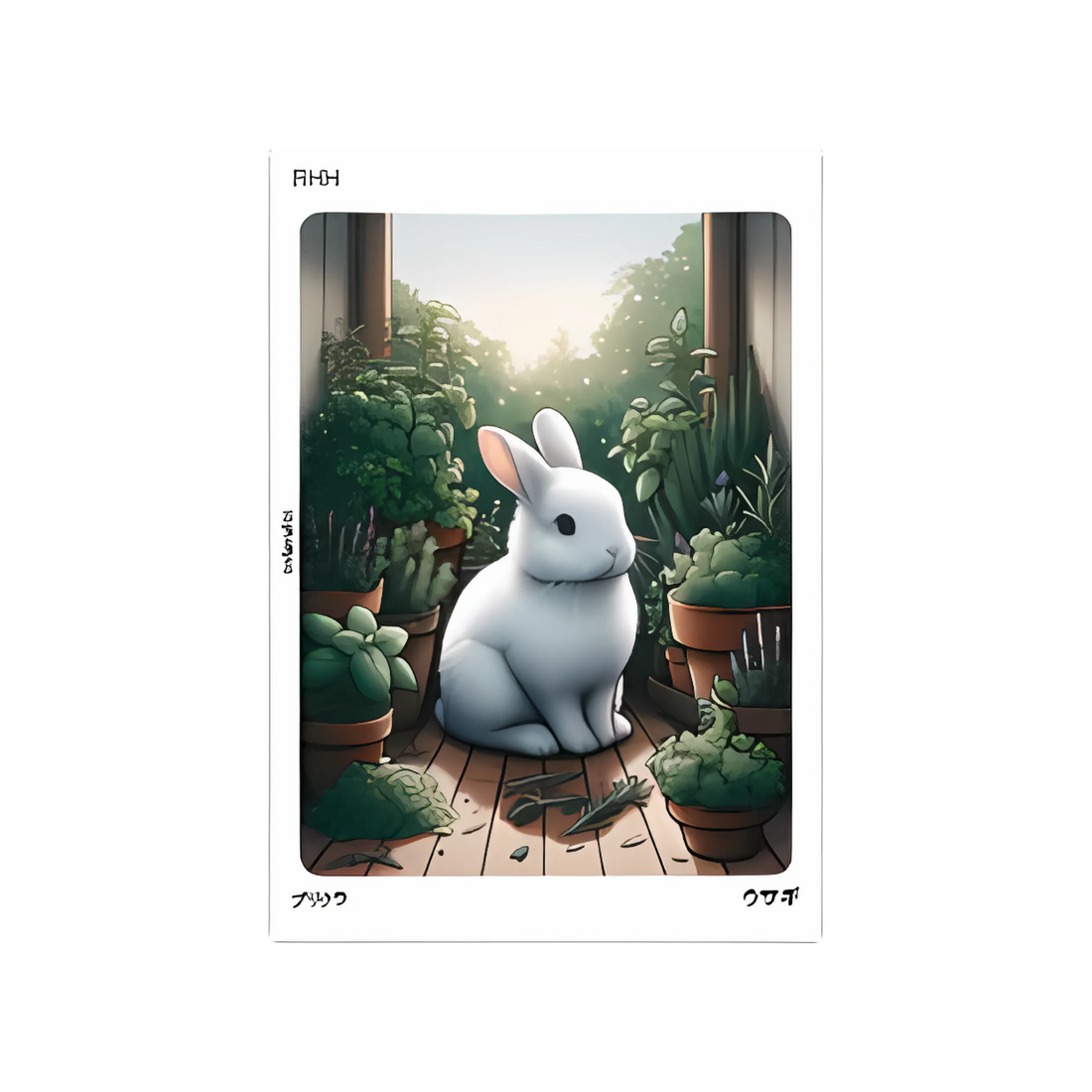

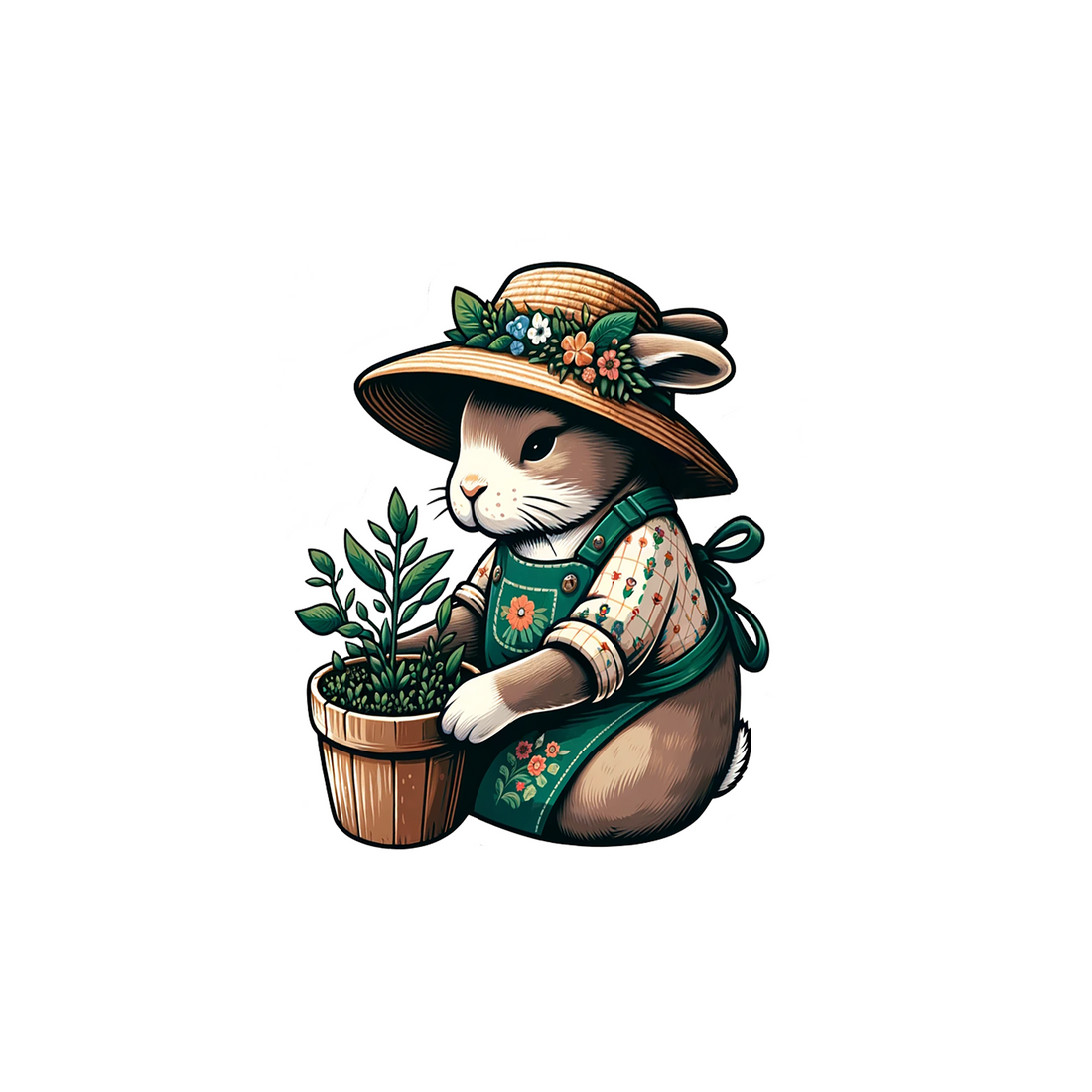
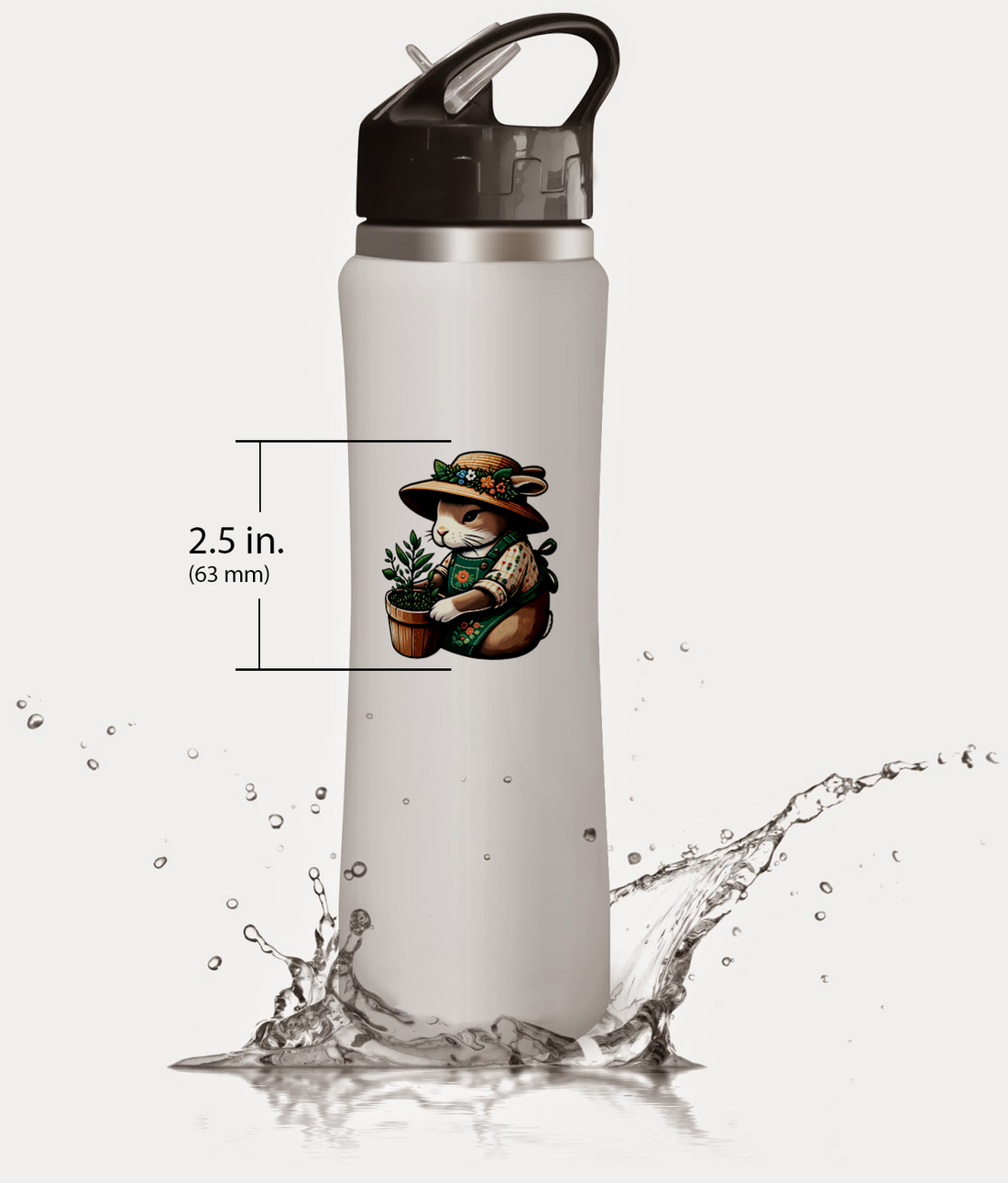
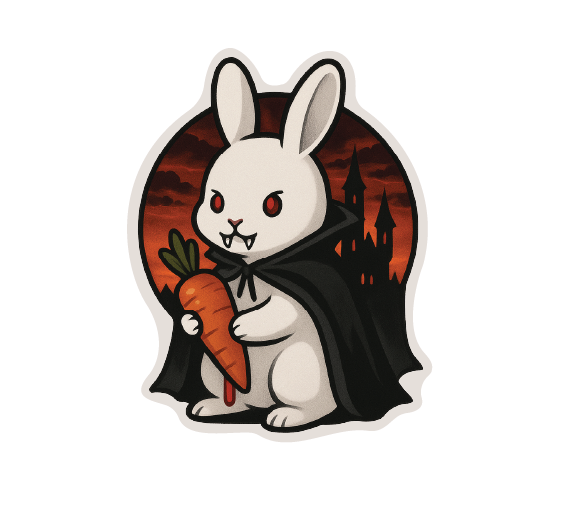









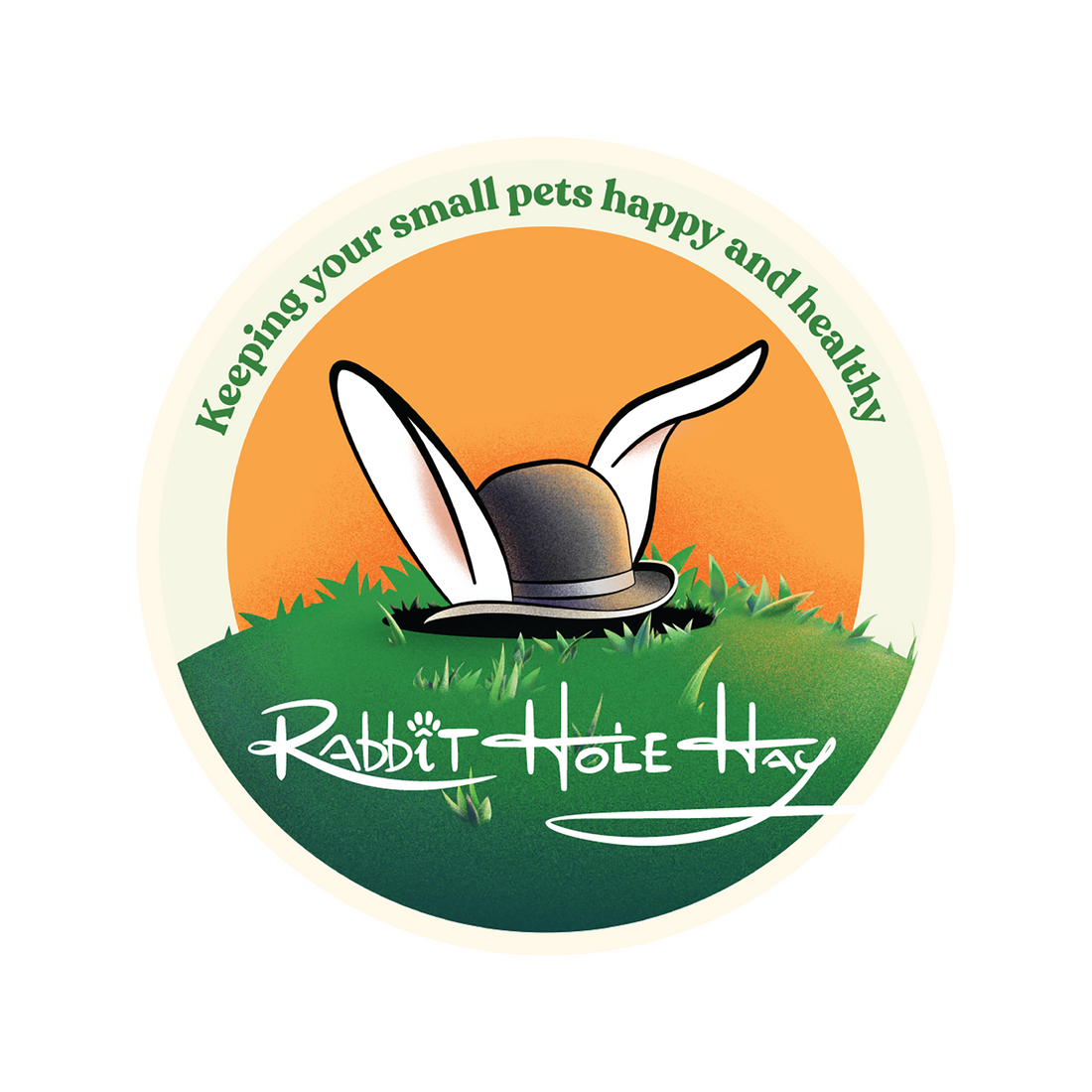
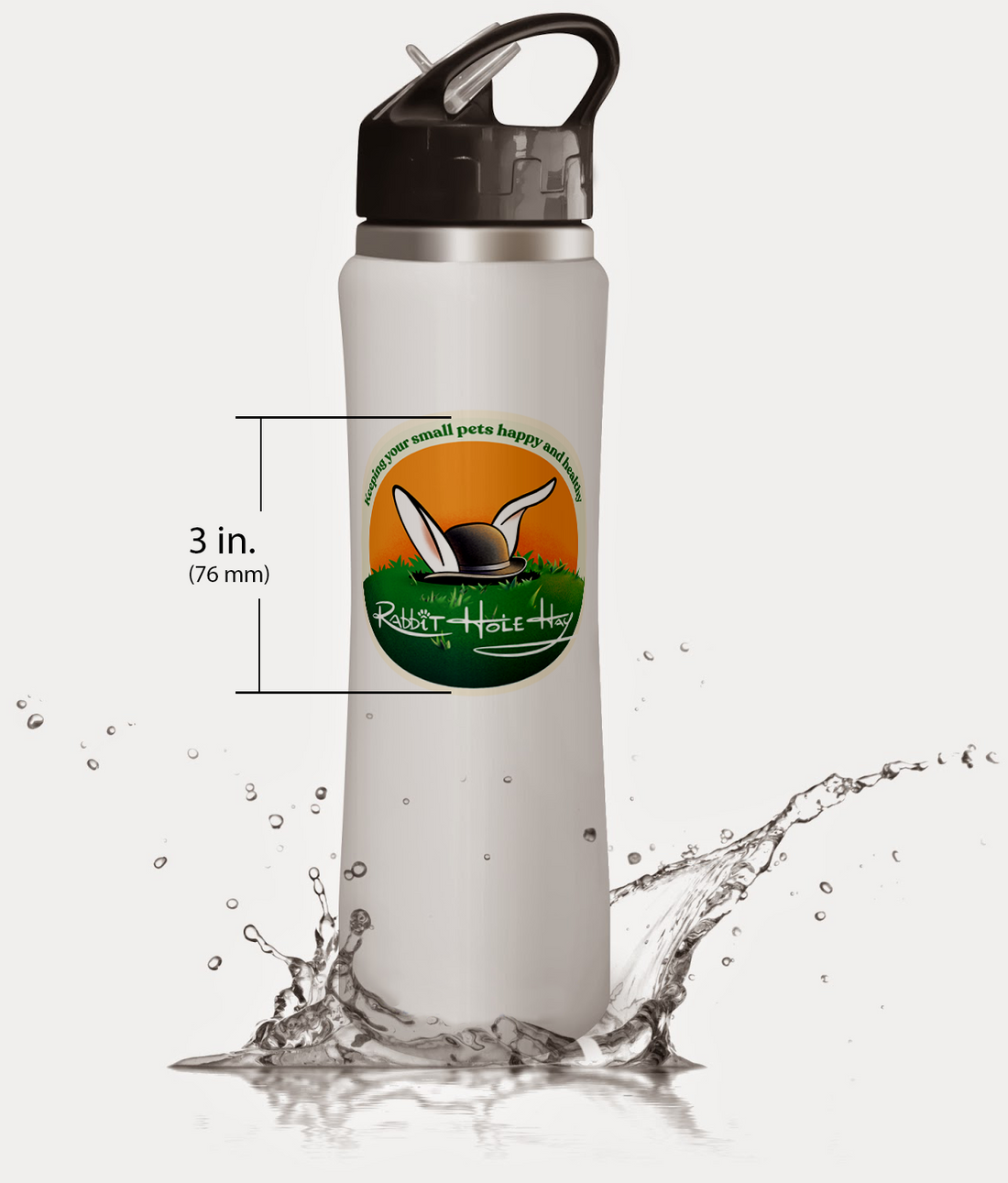


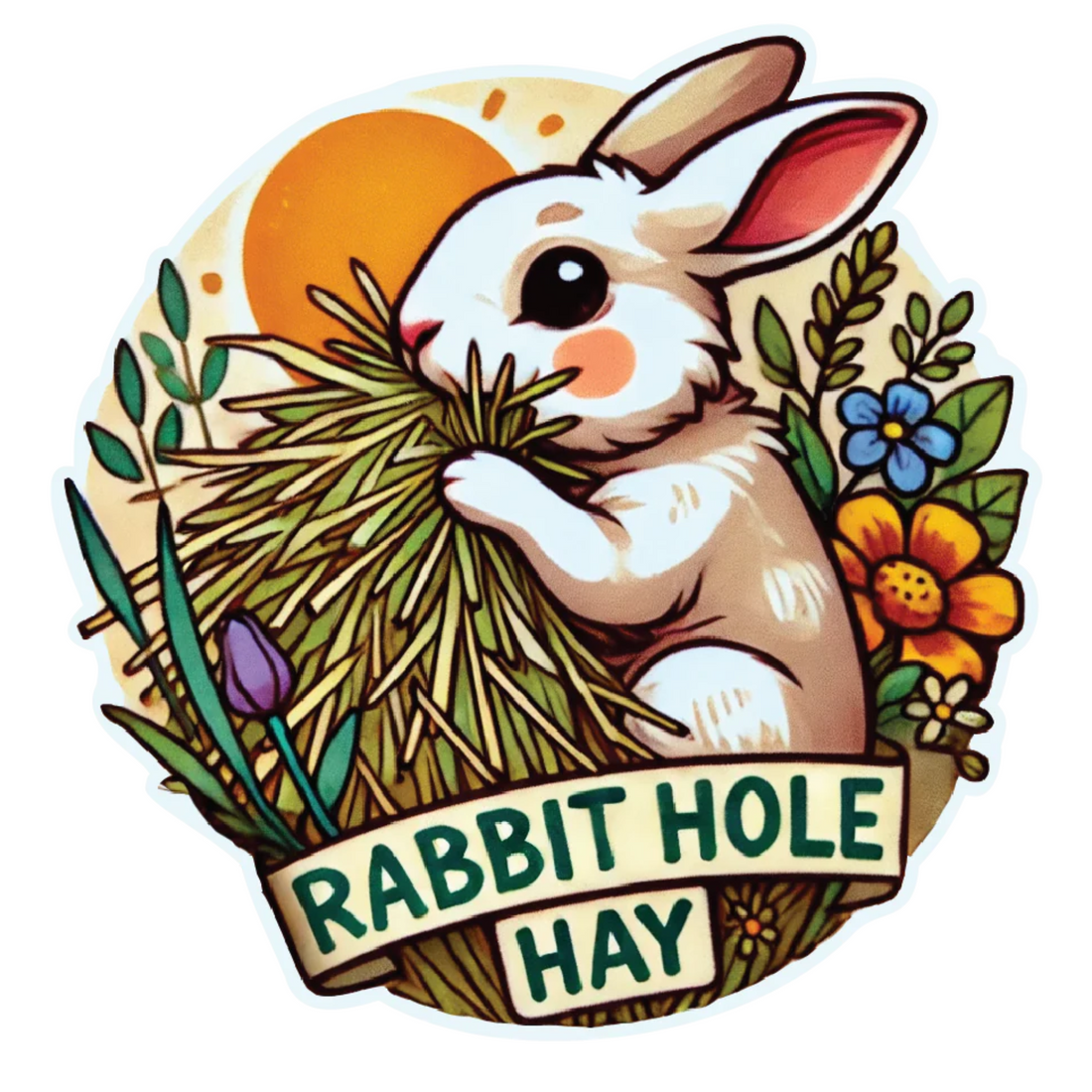
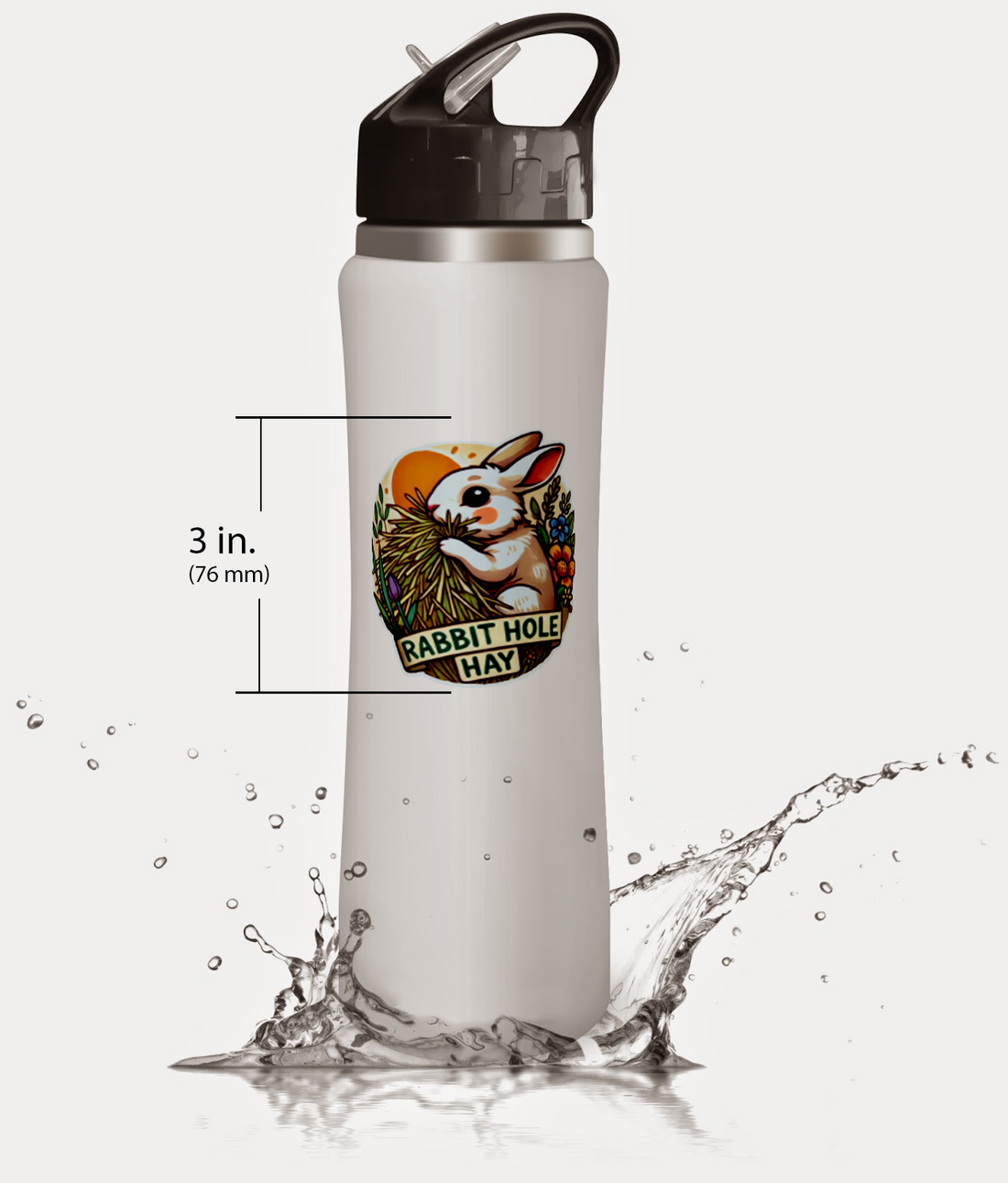







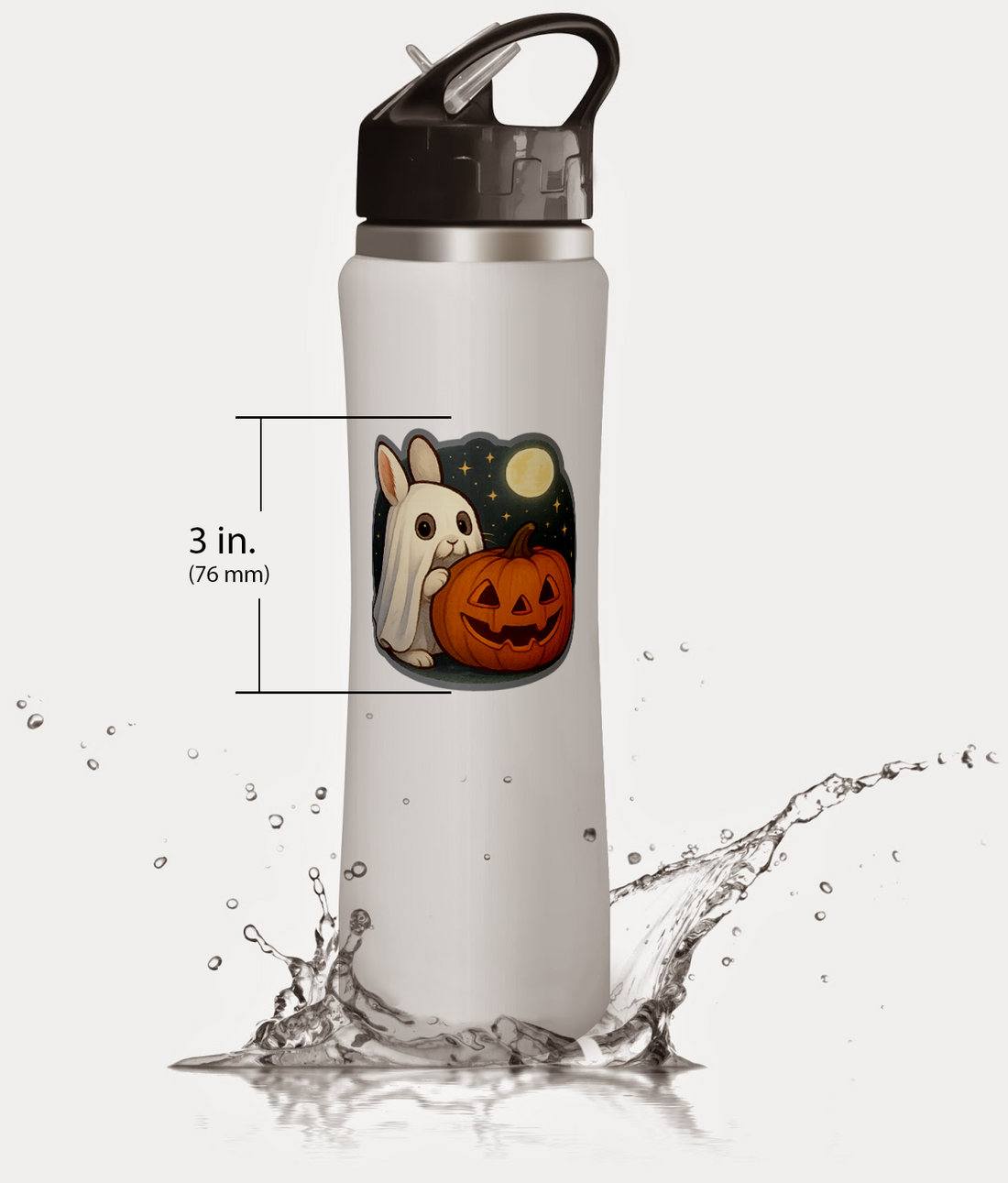


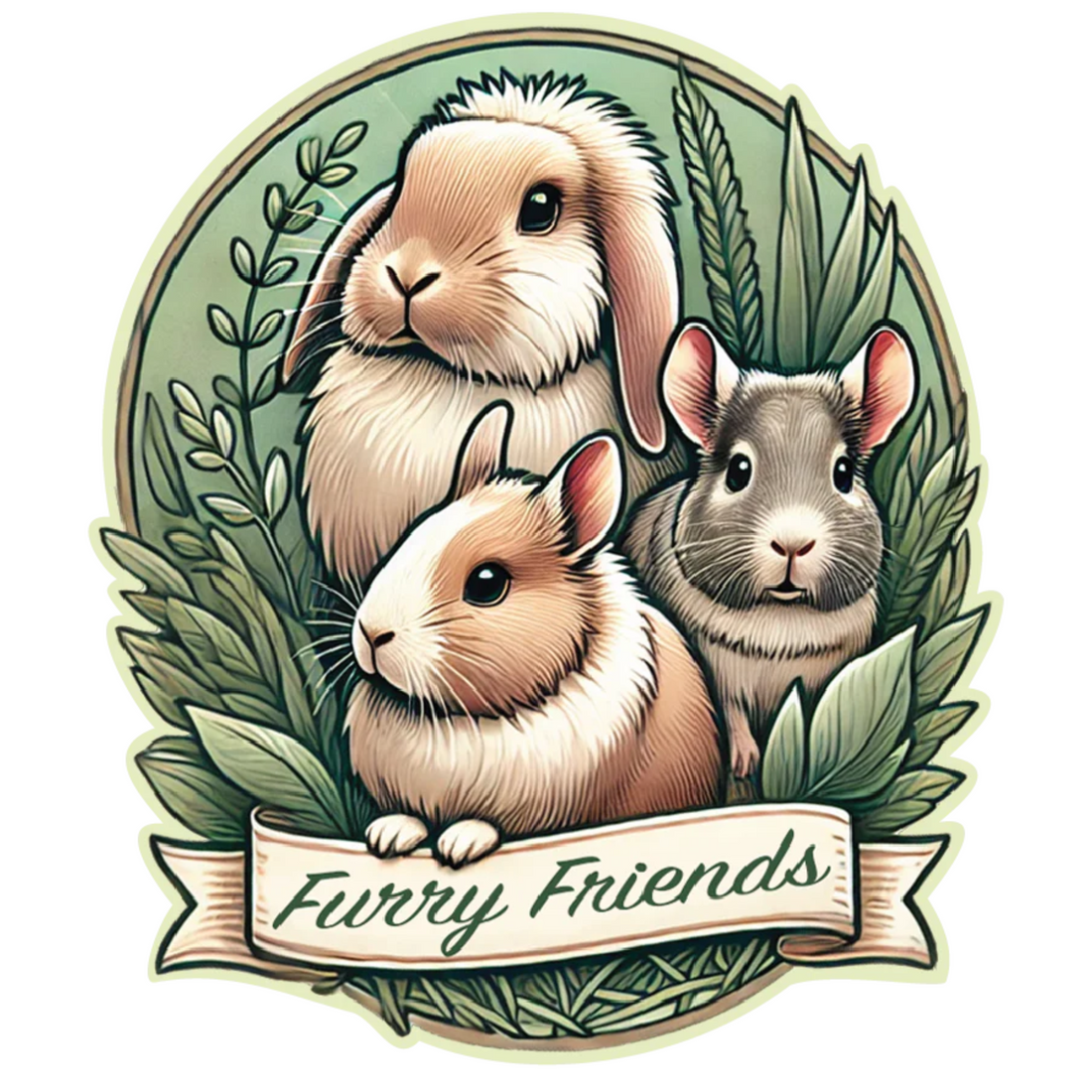
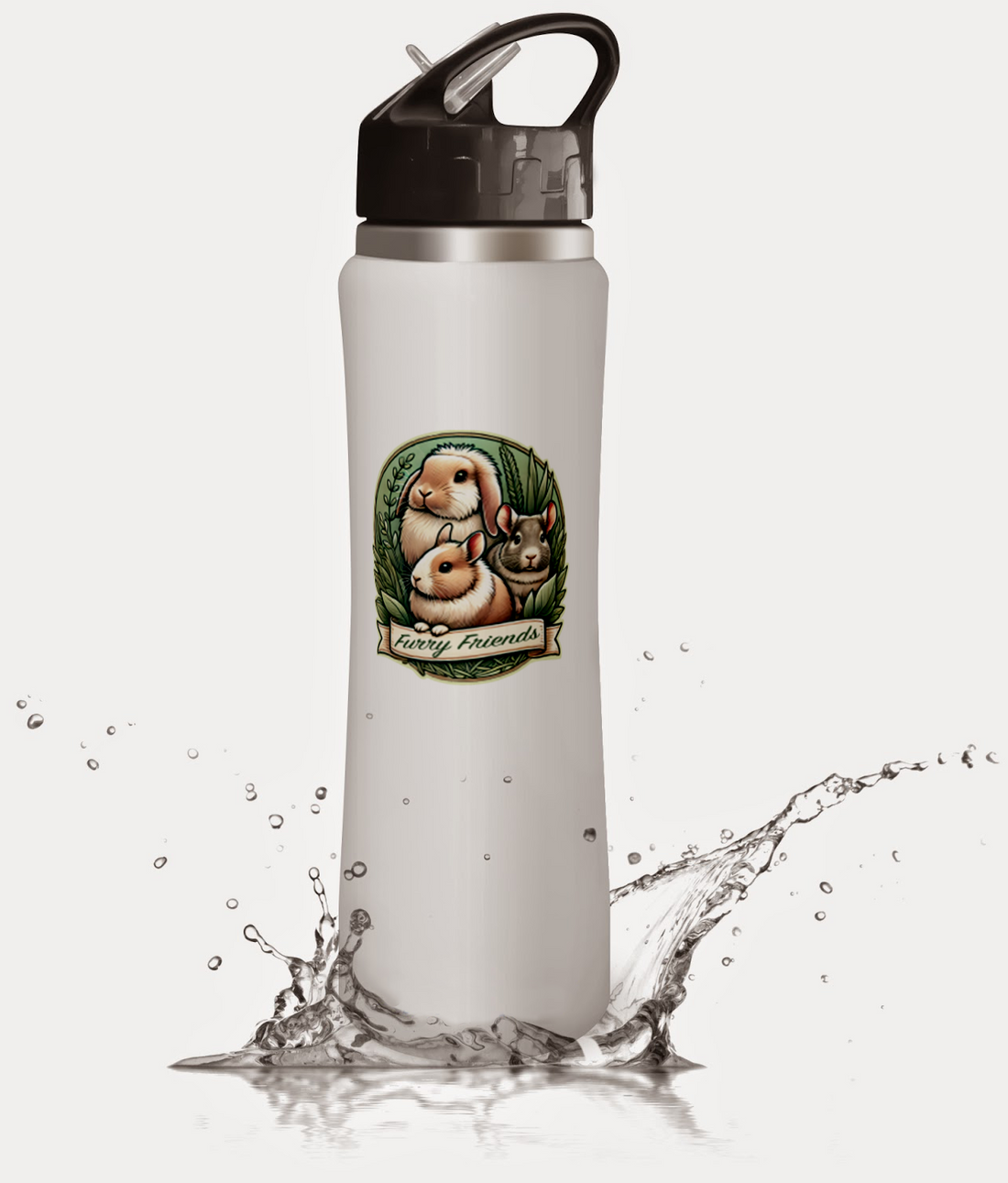






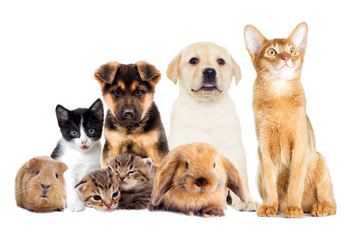


Comments